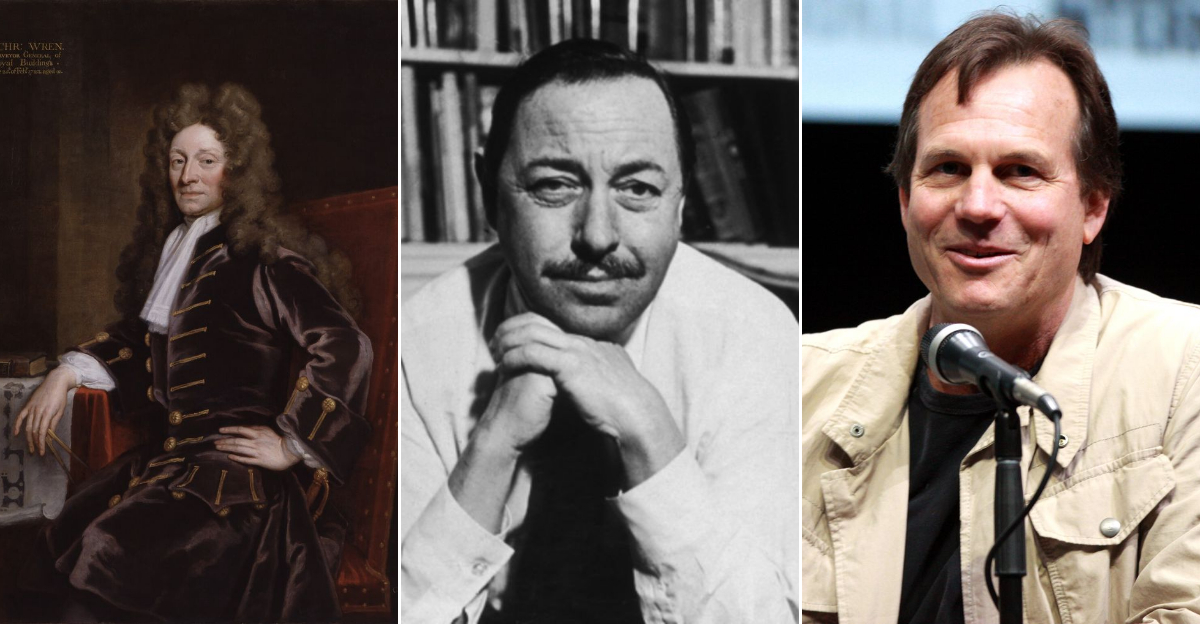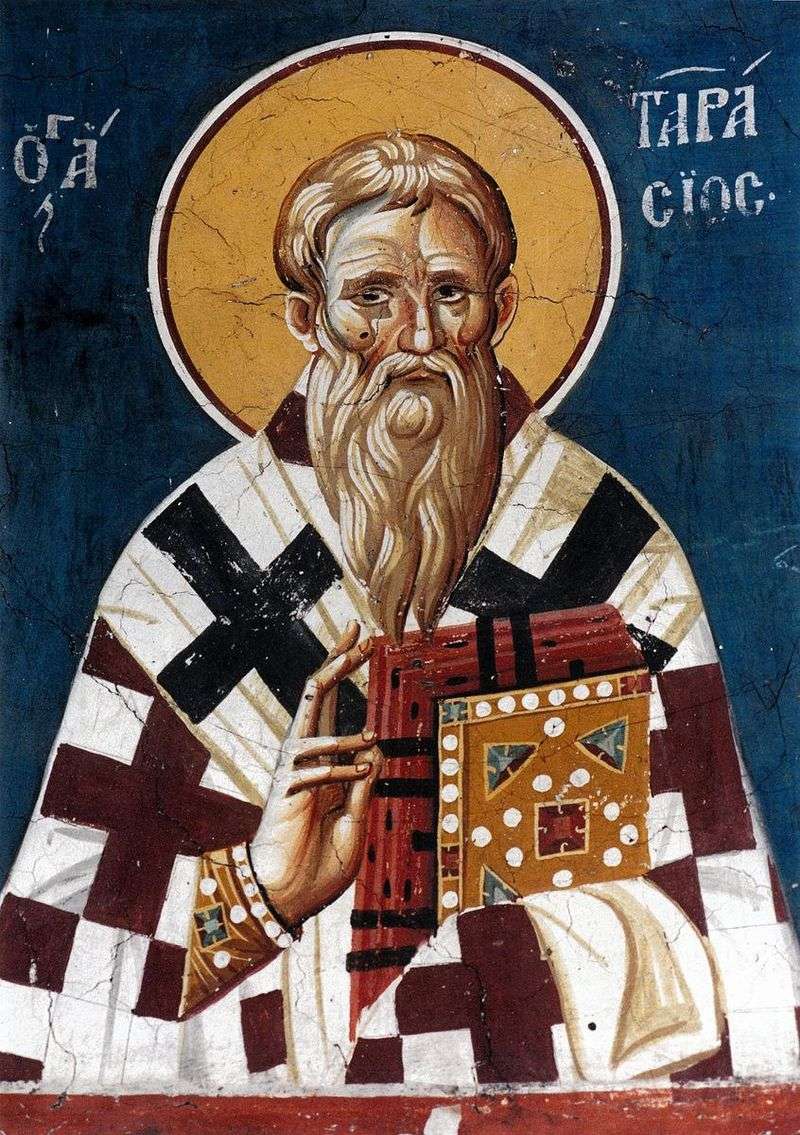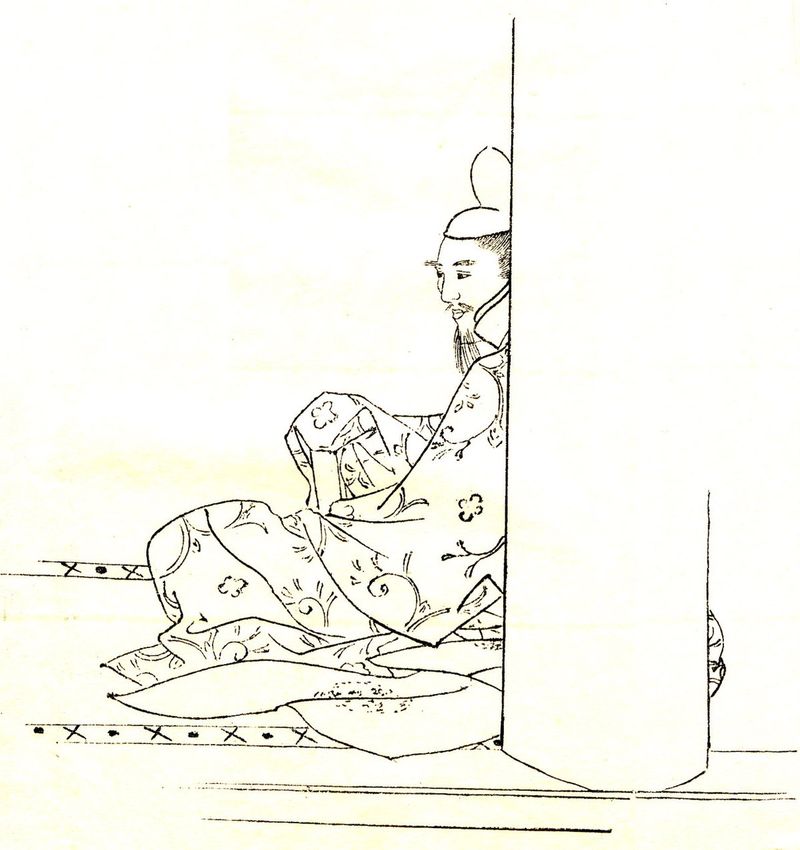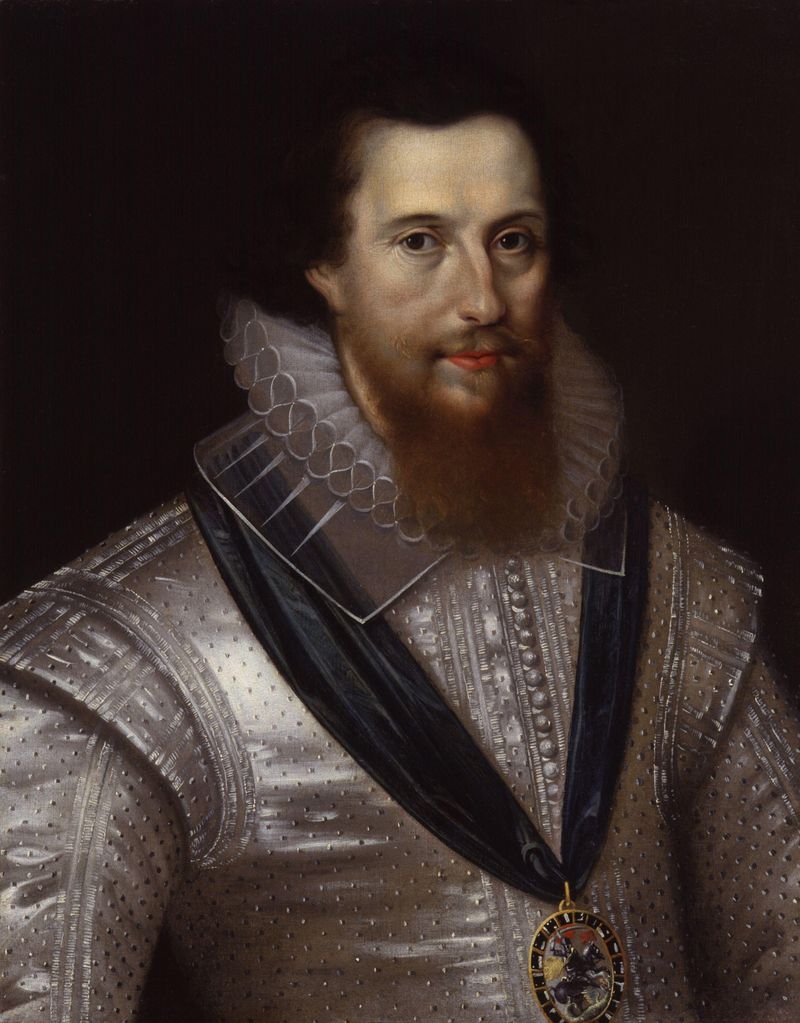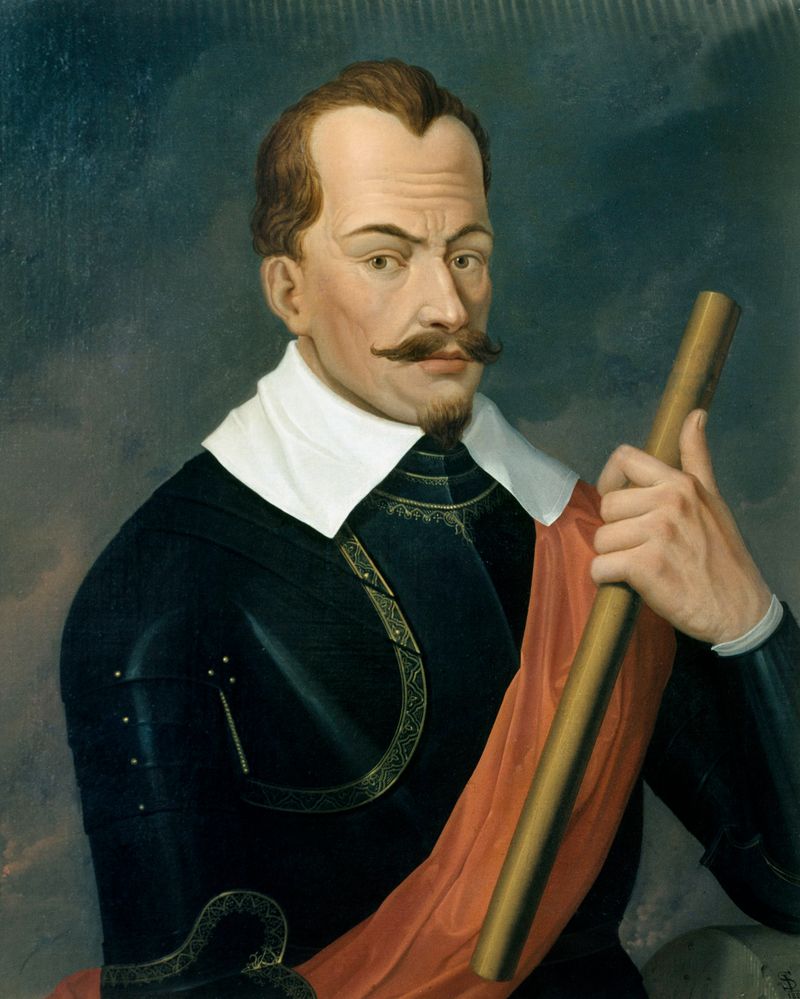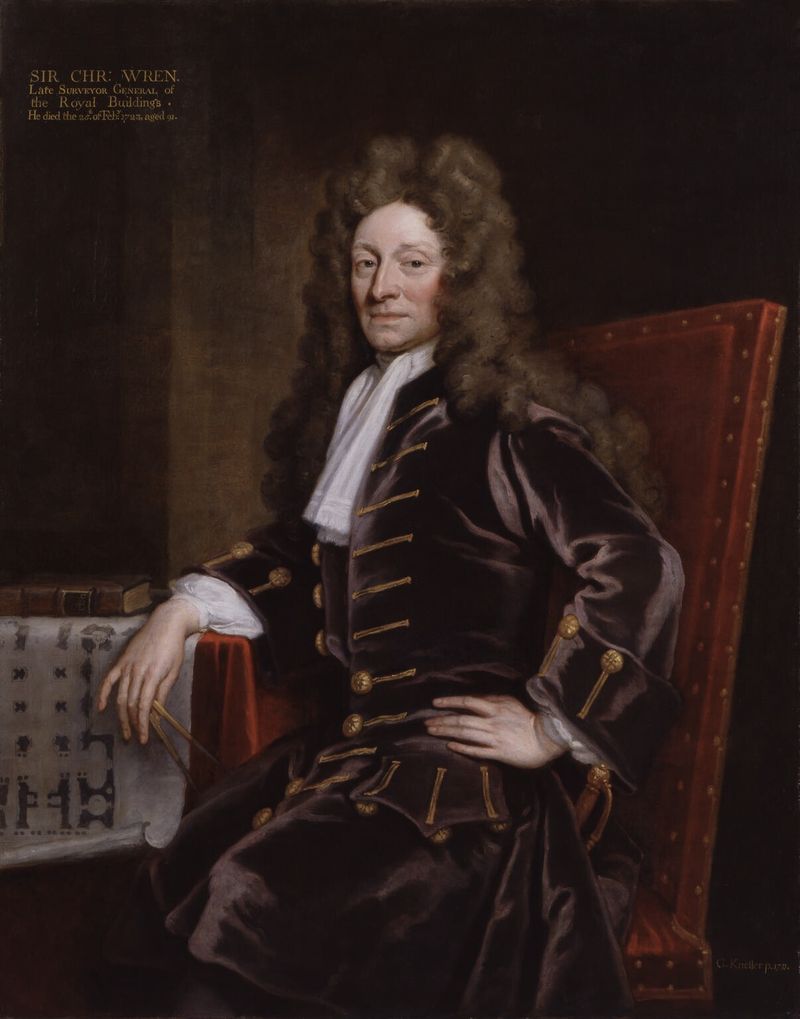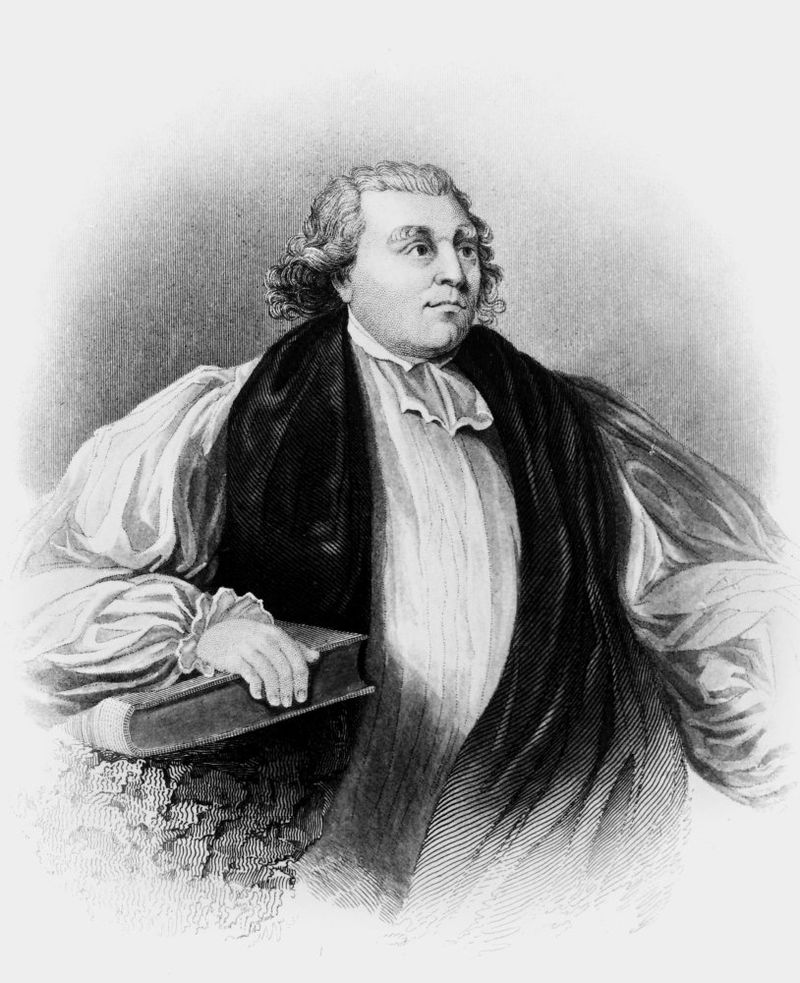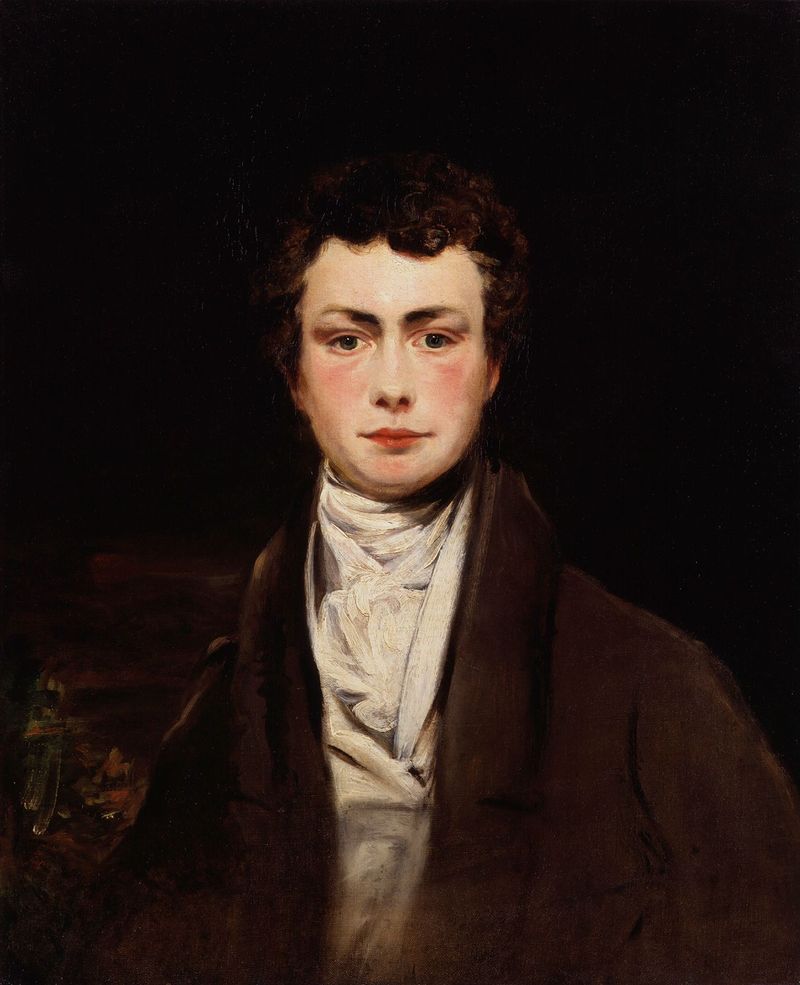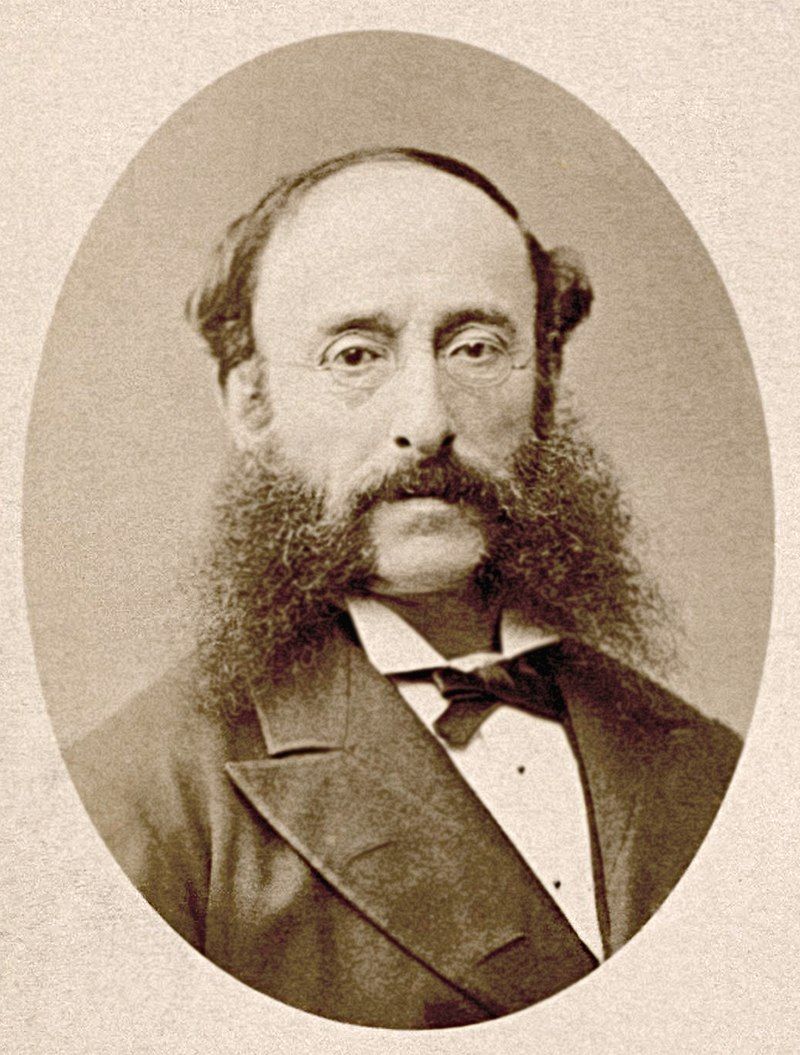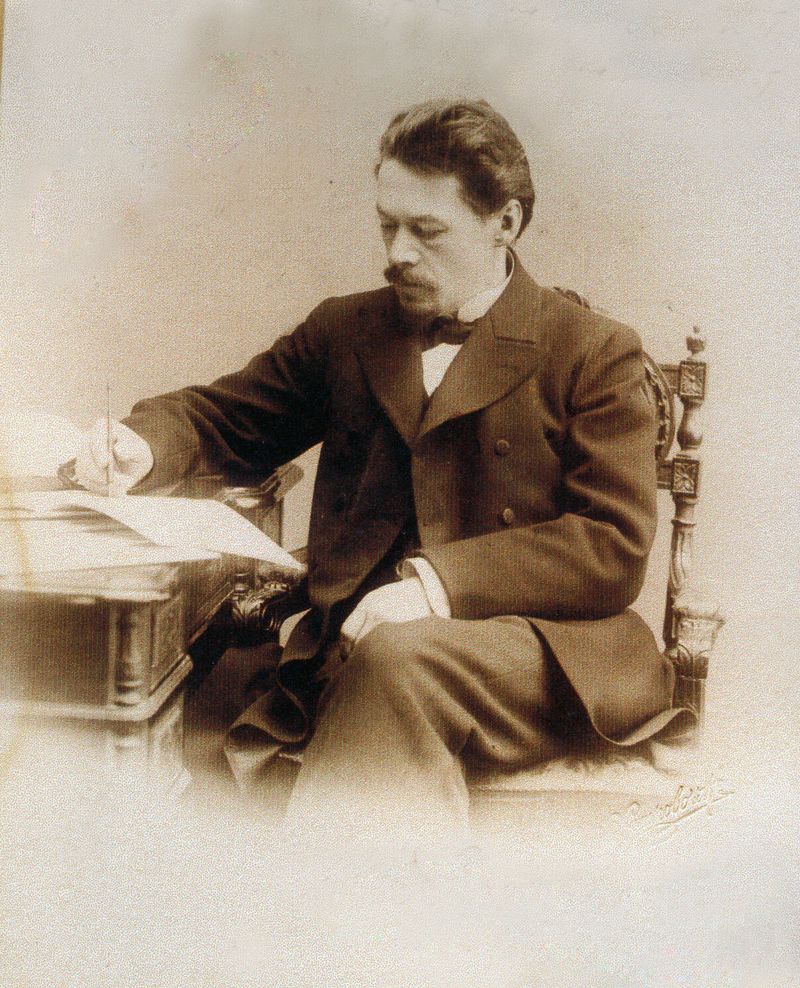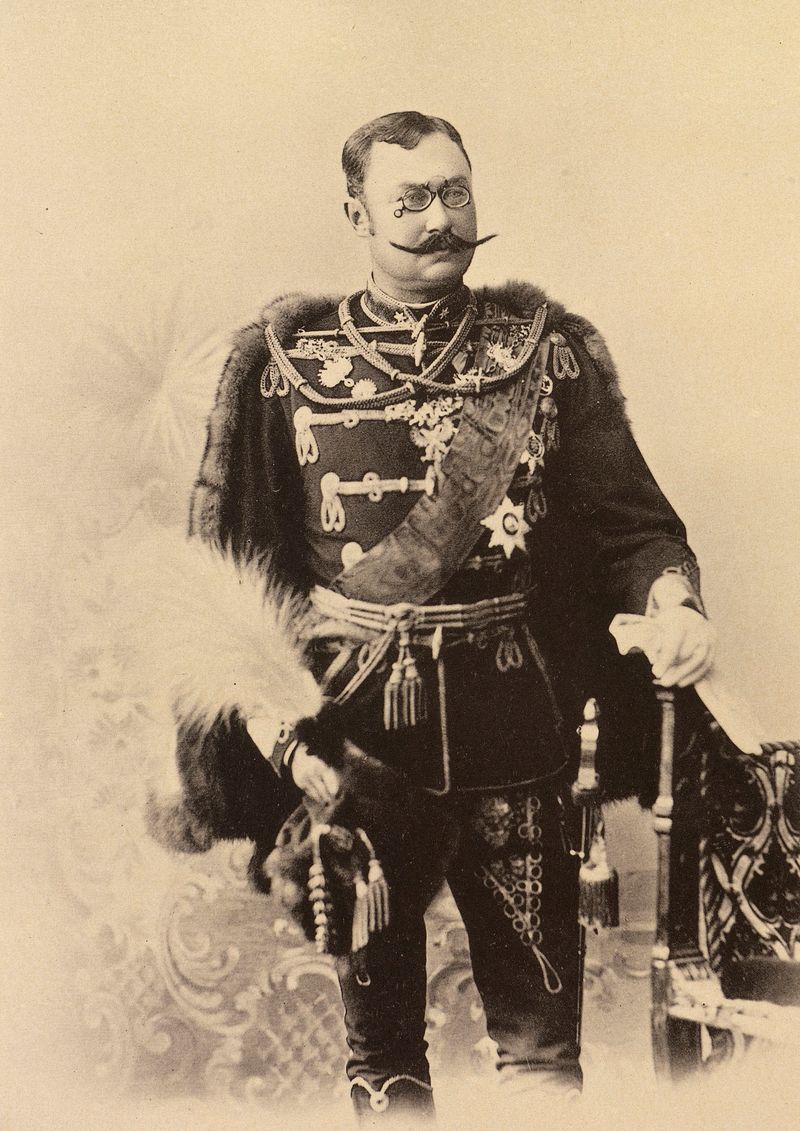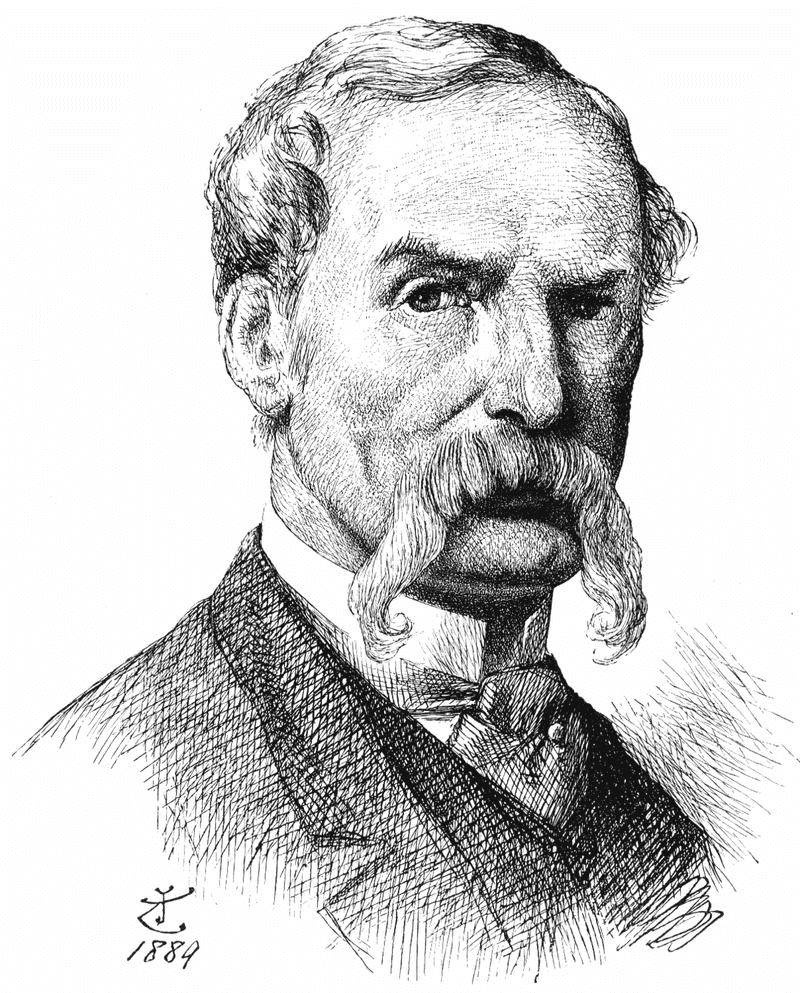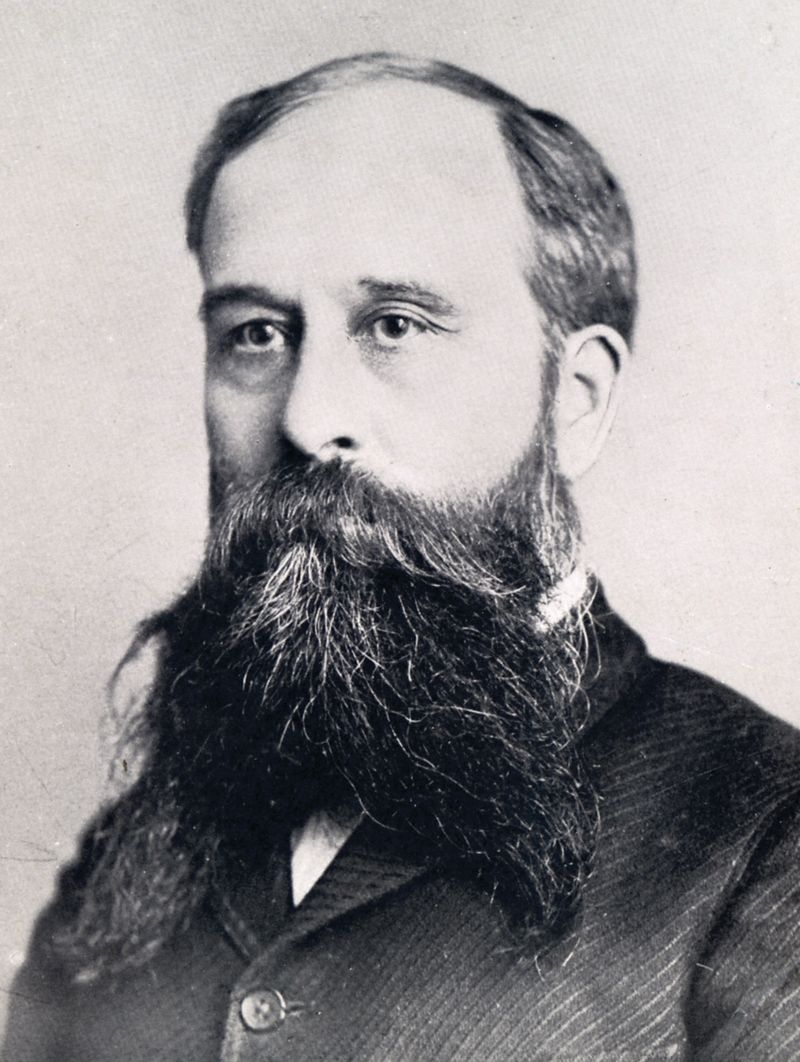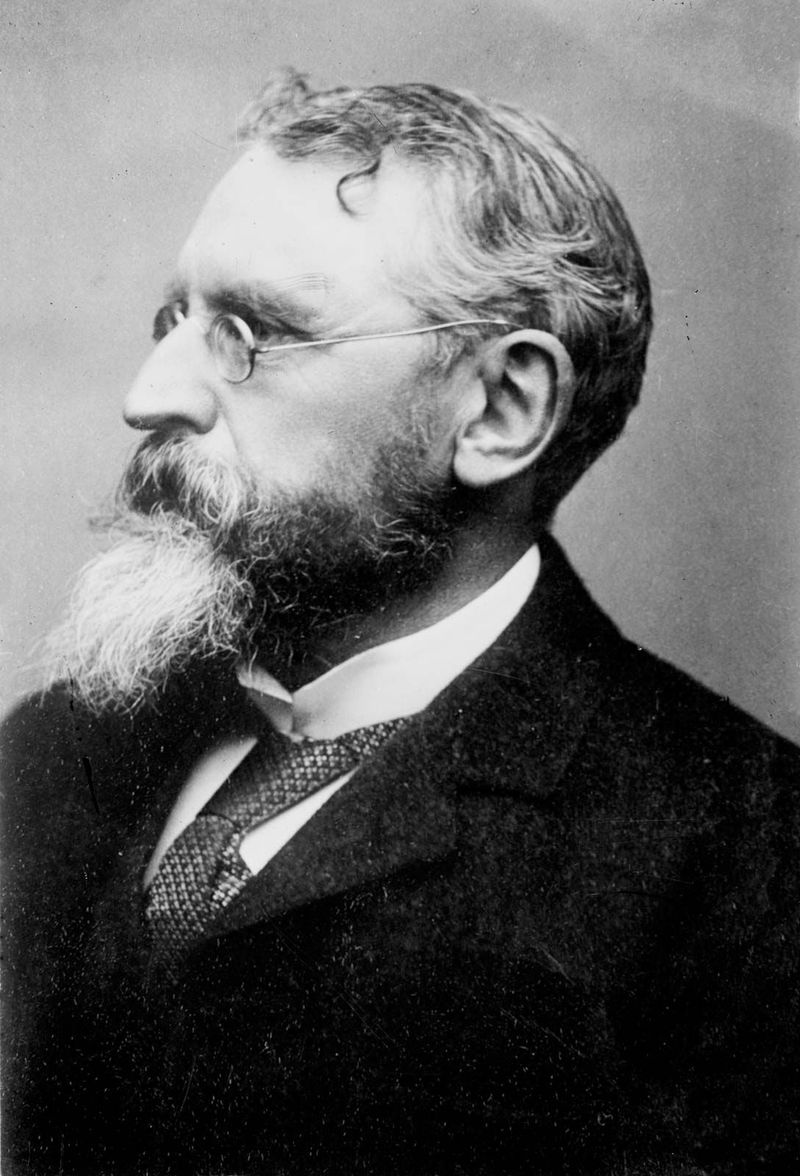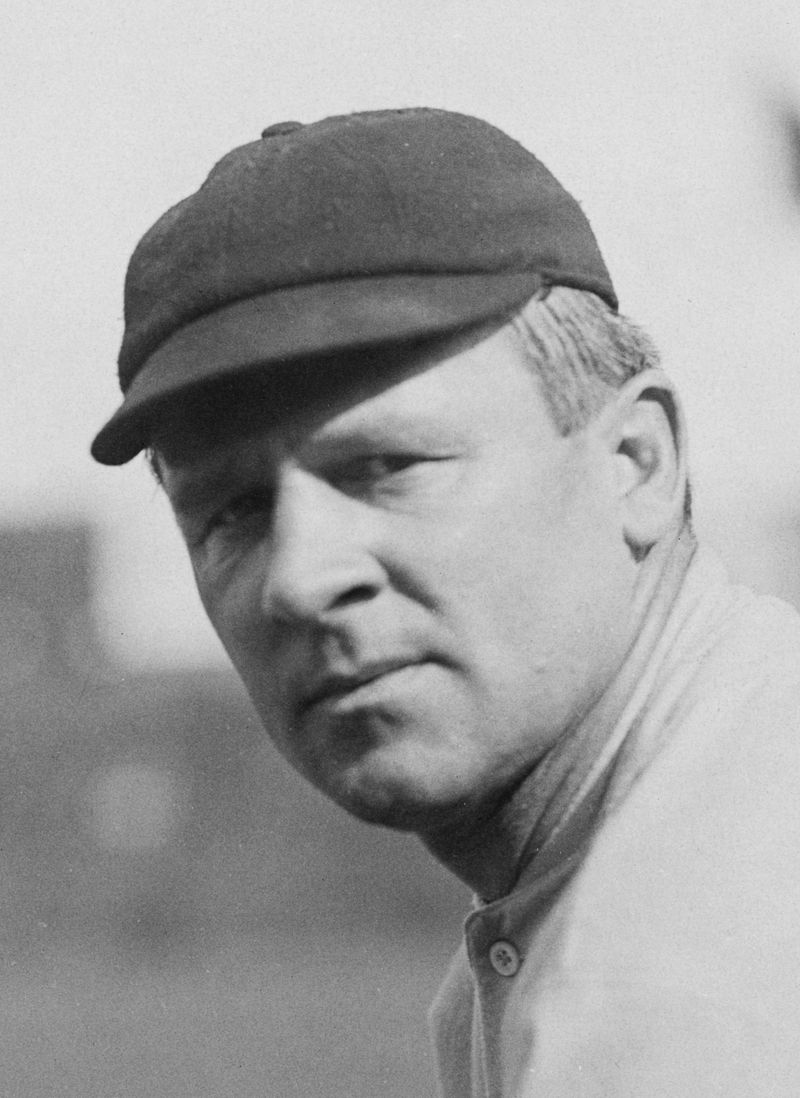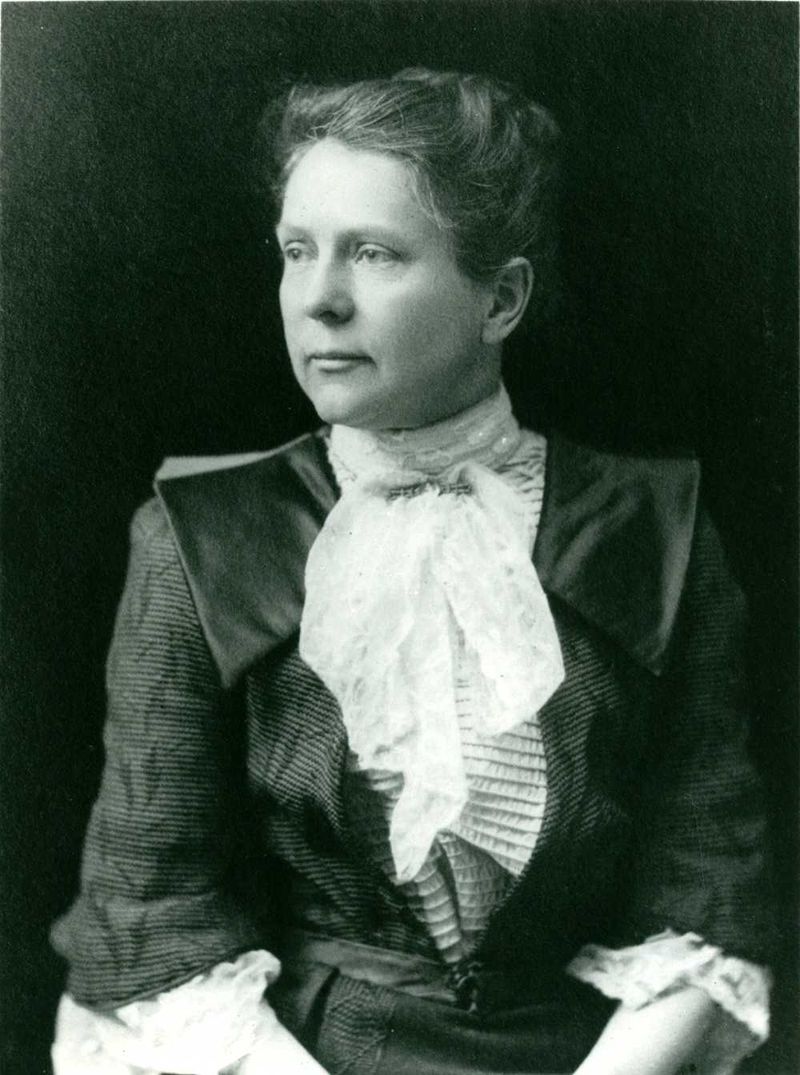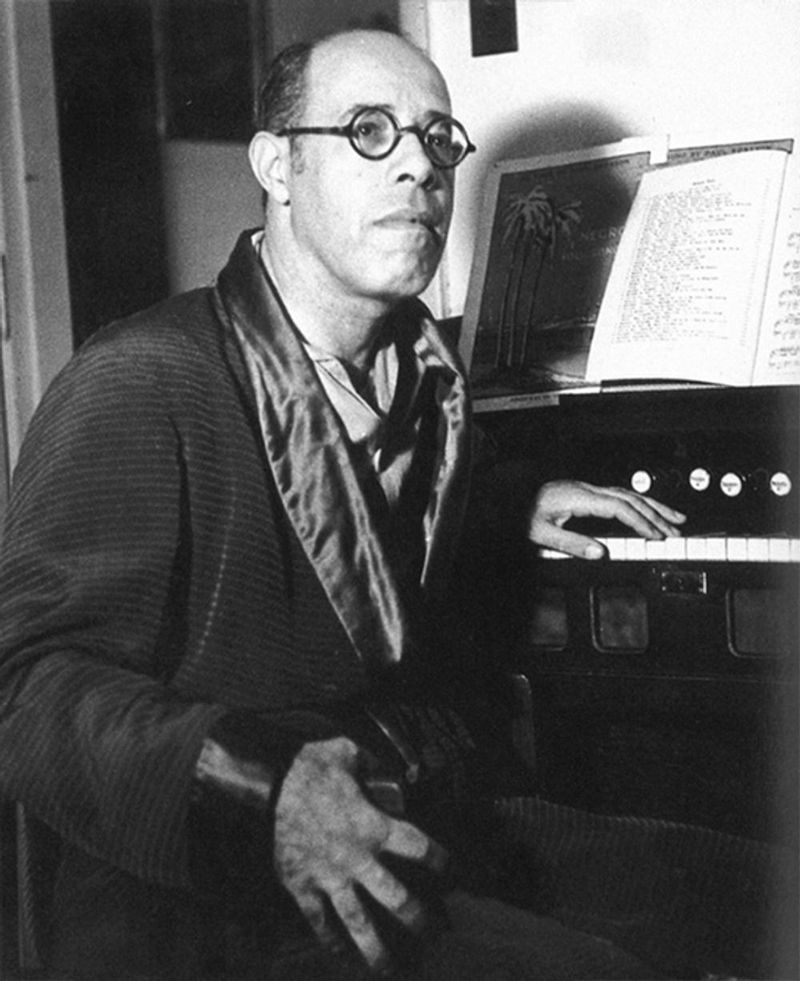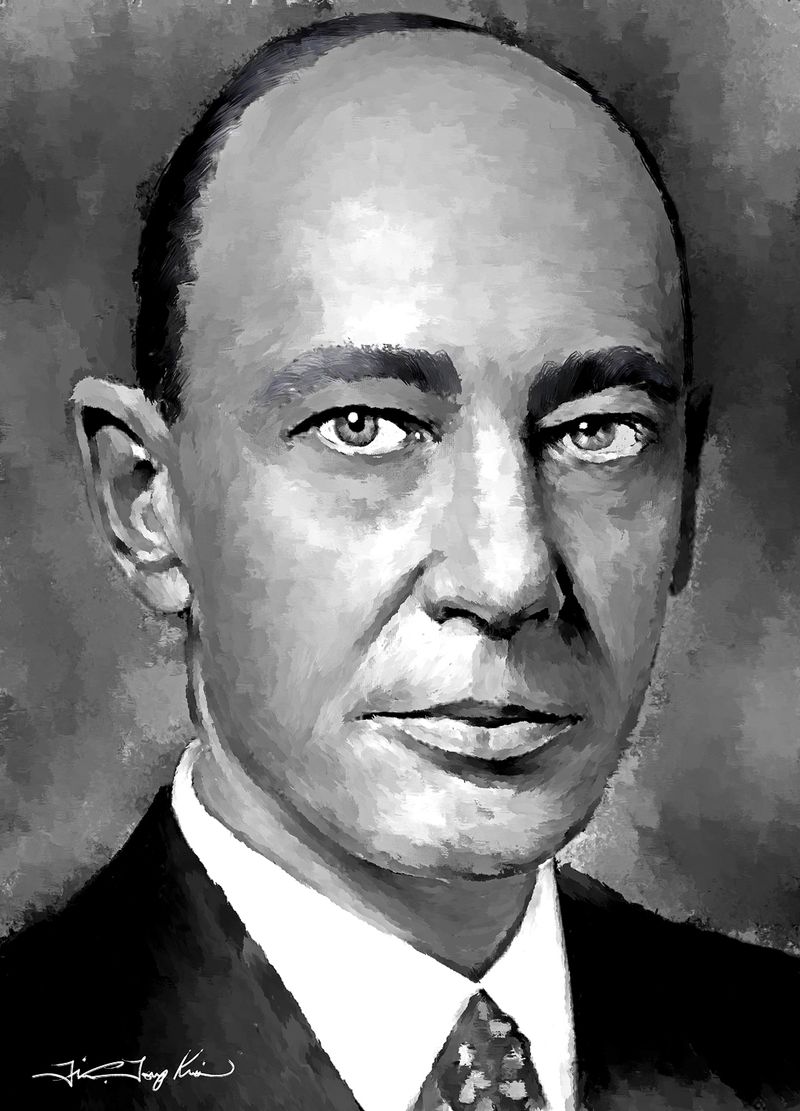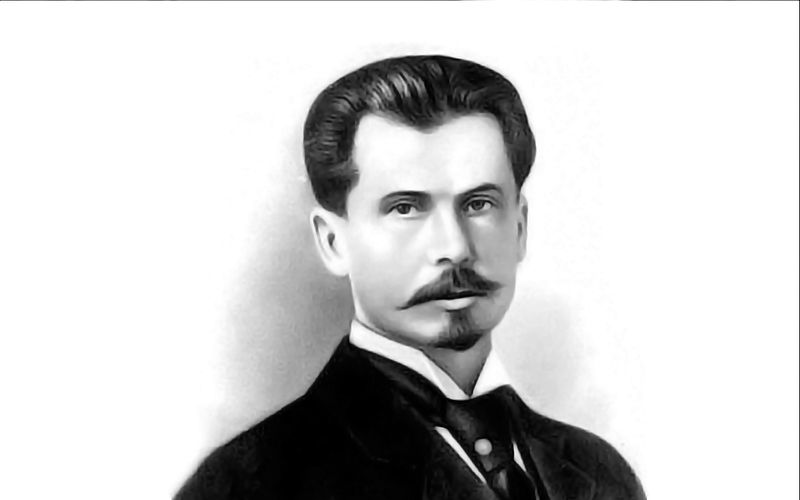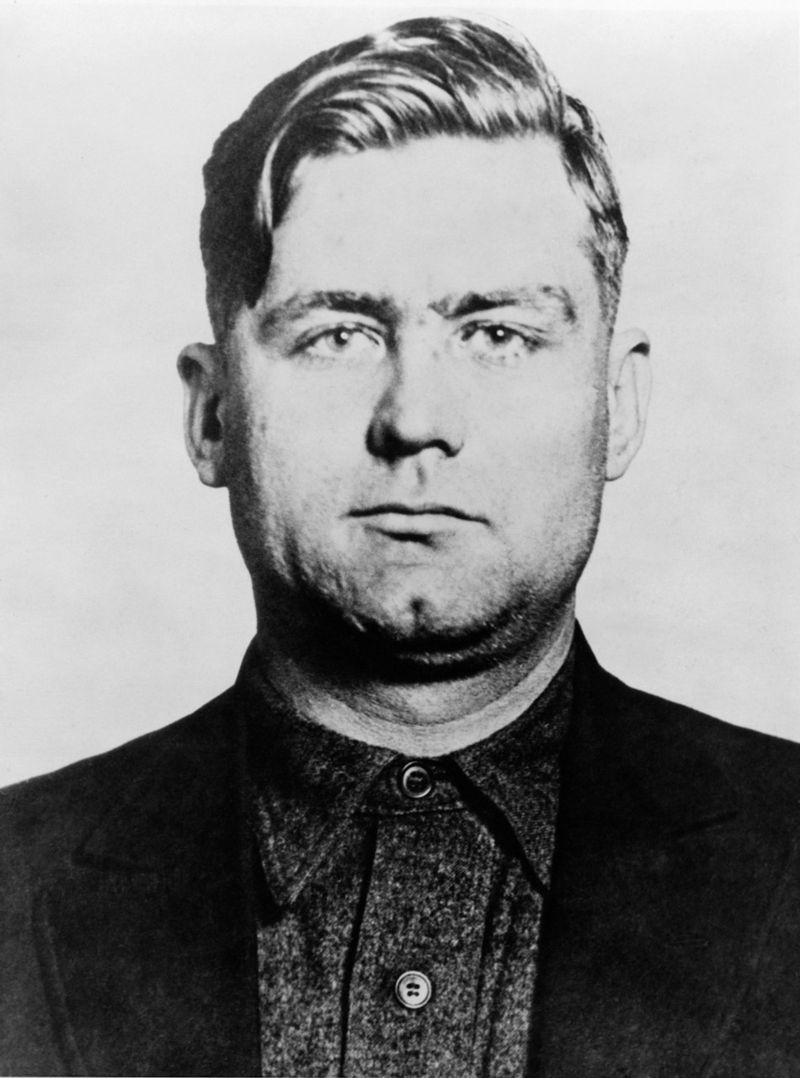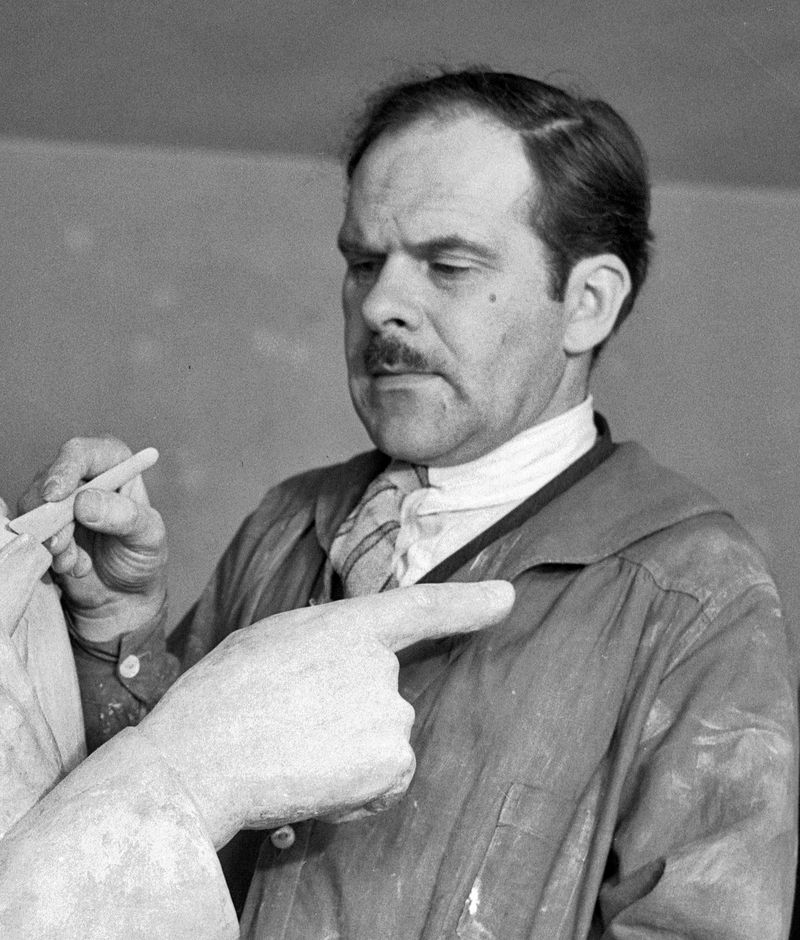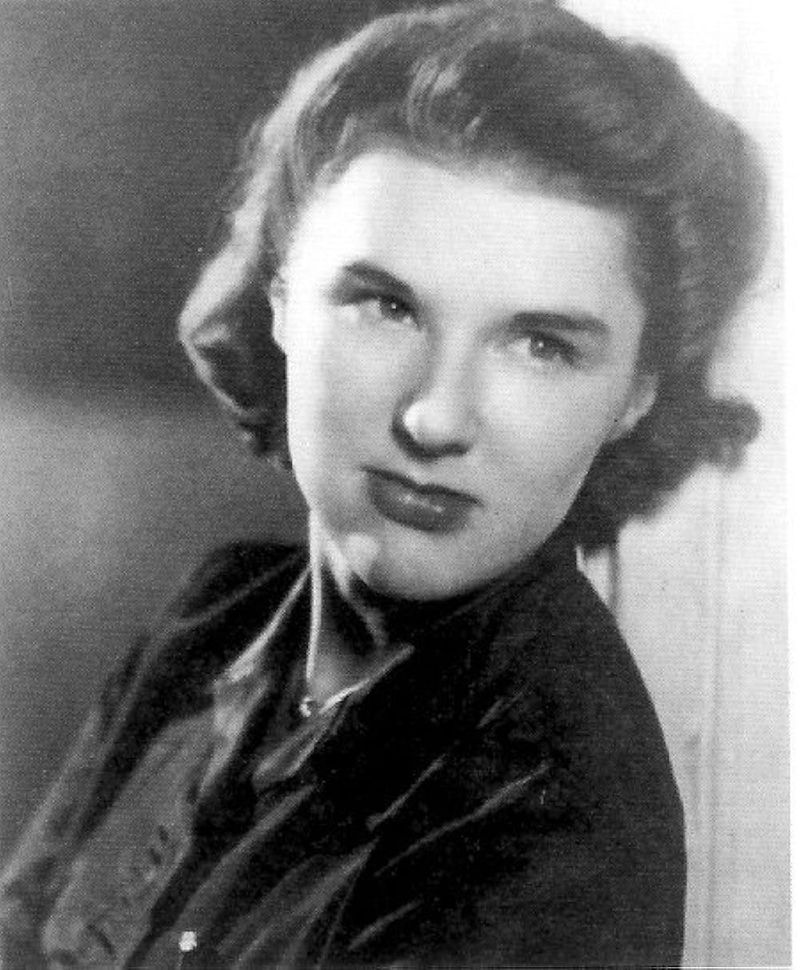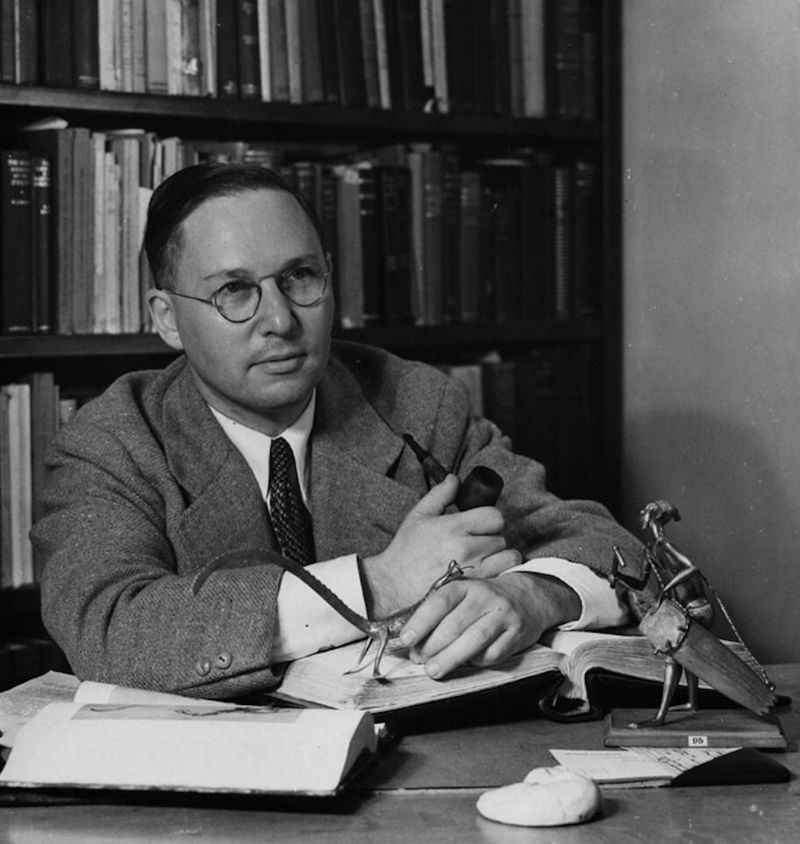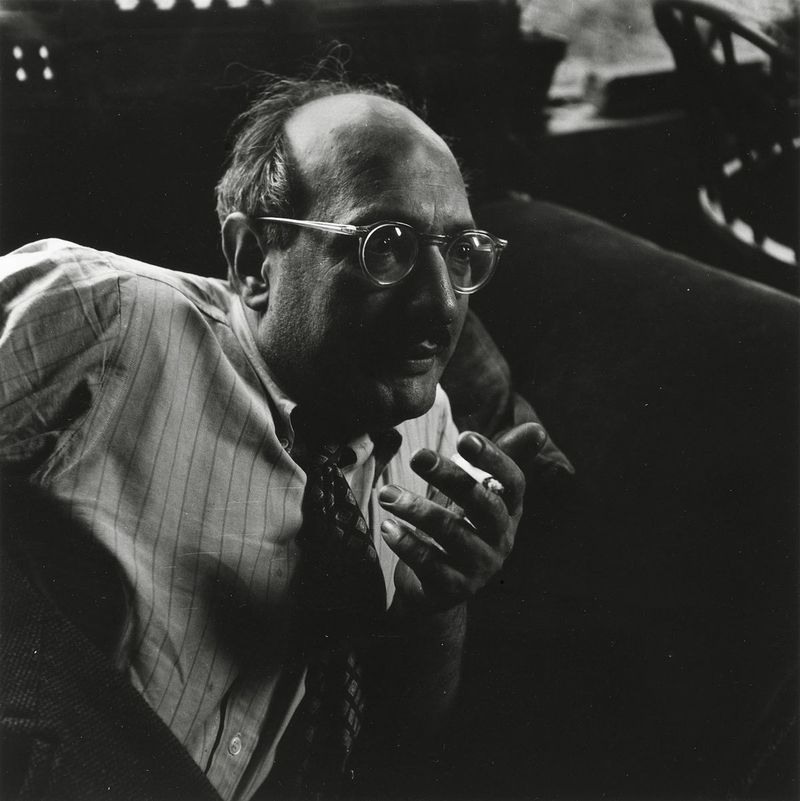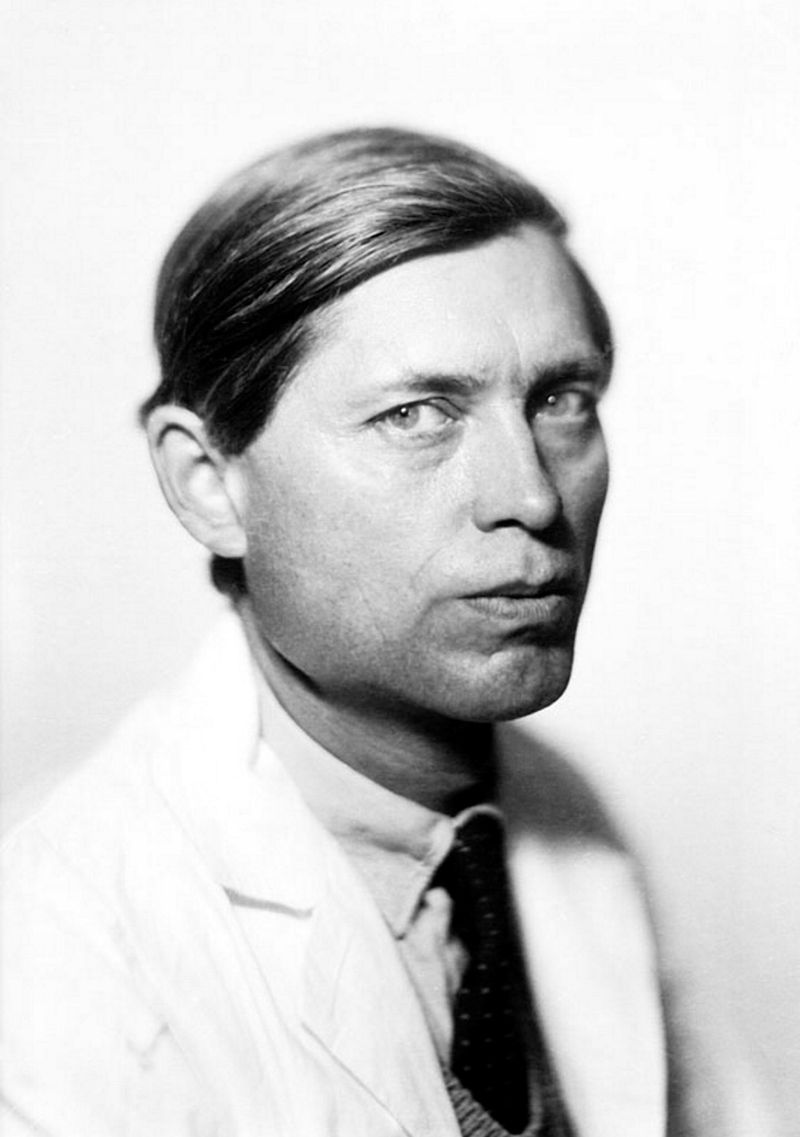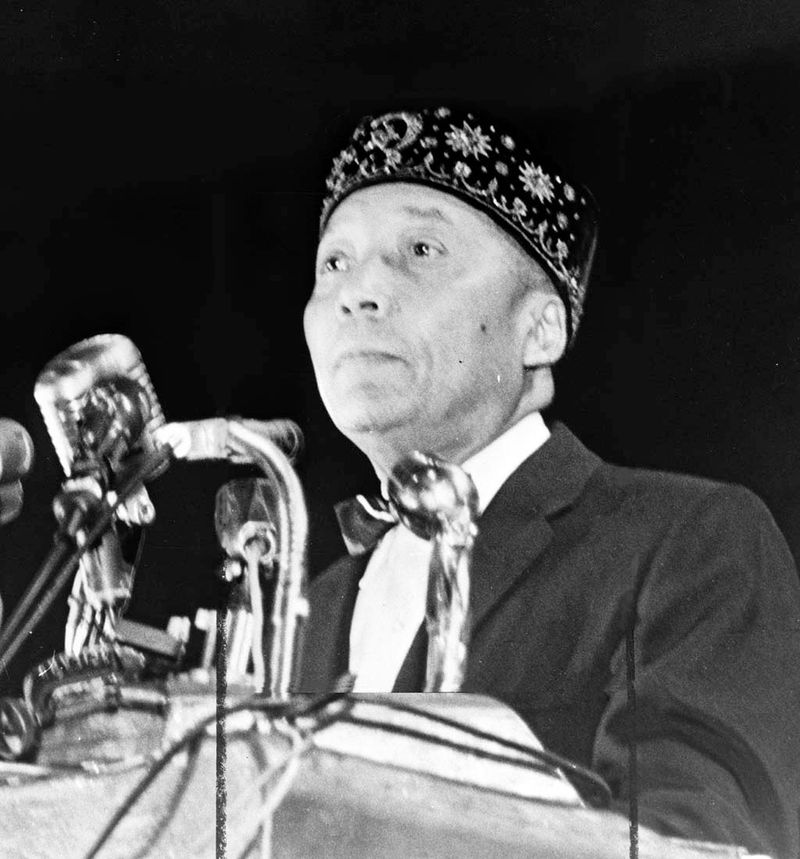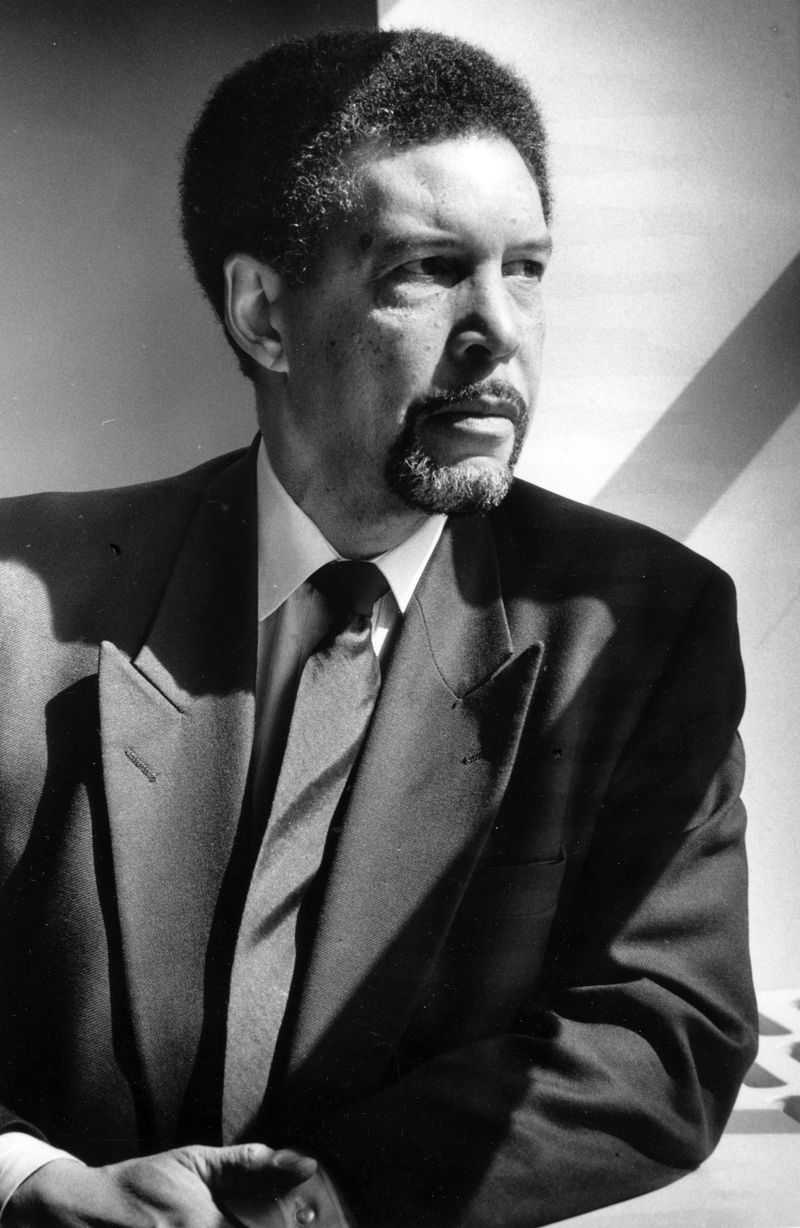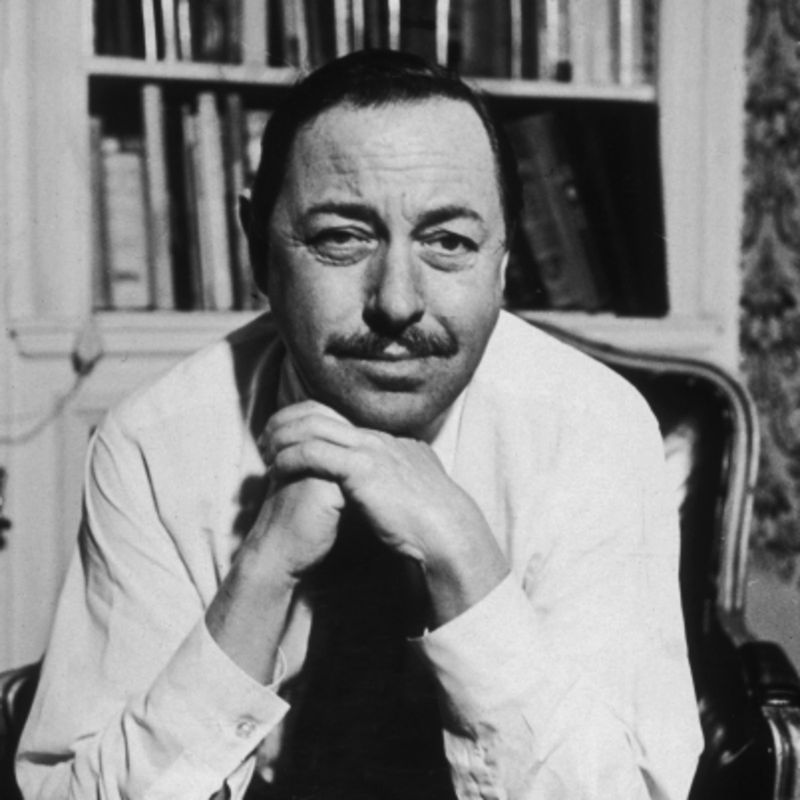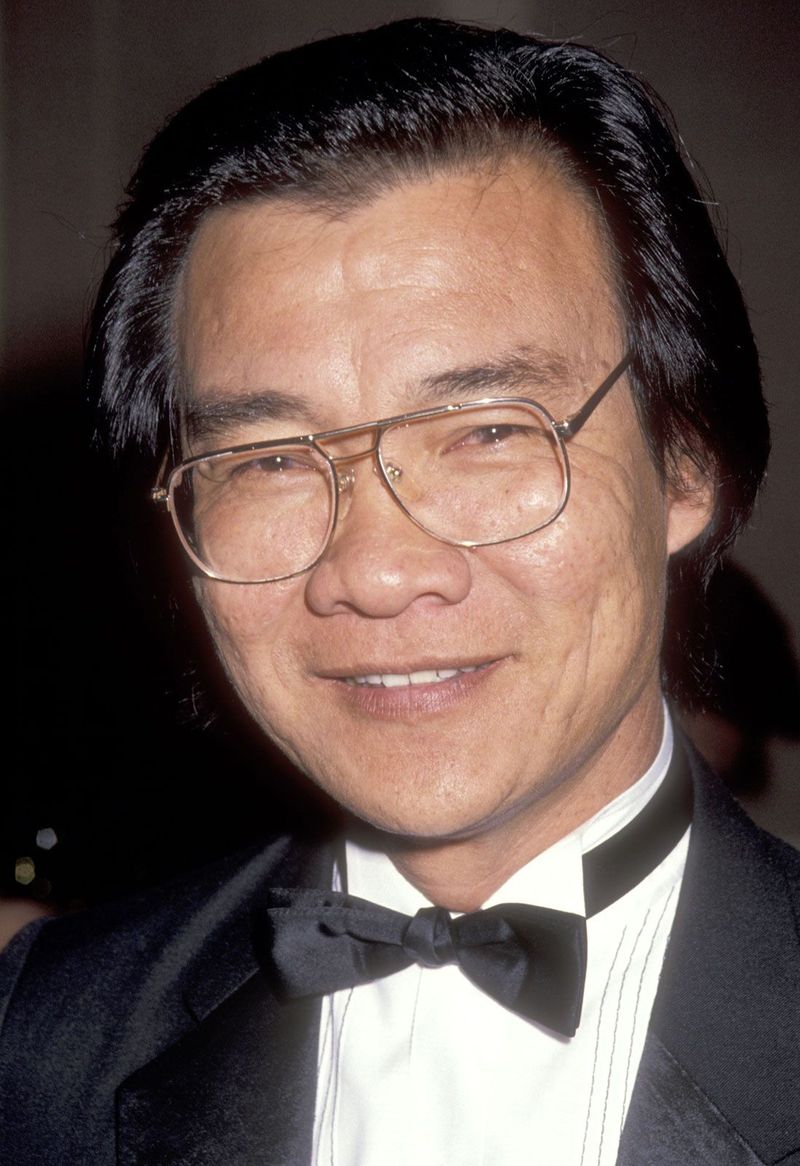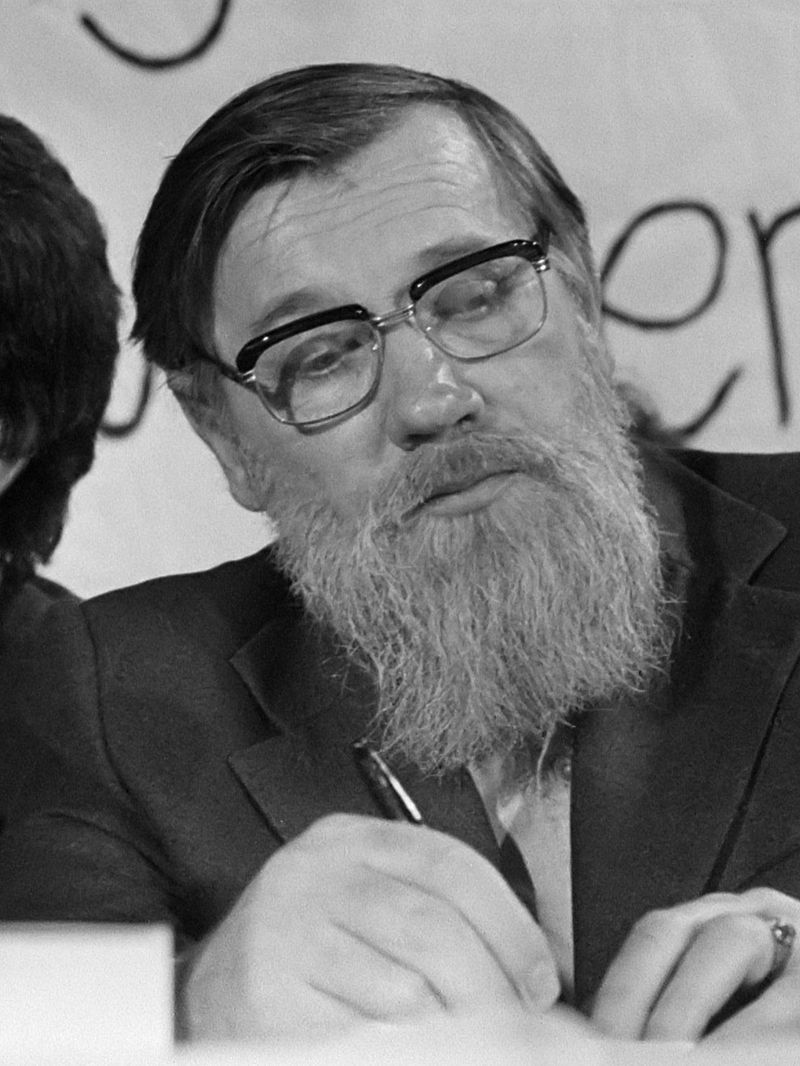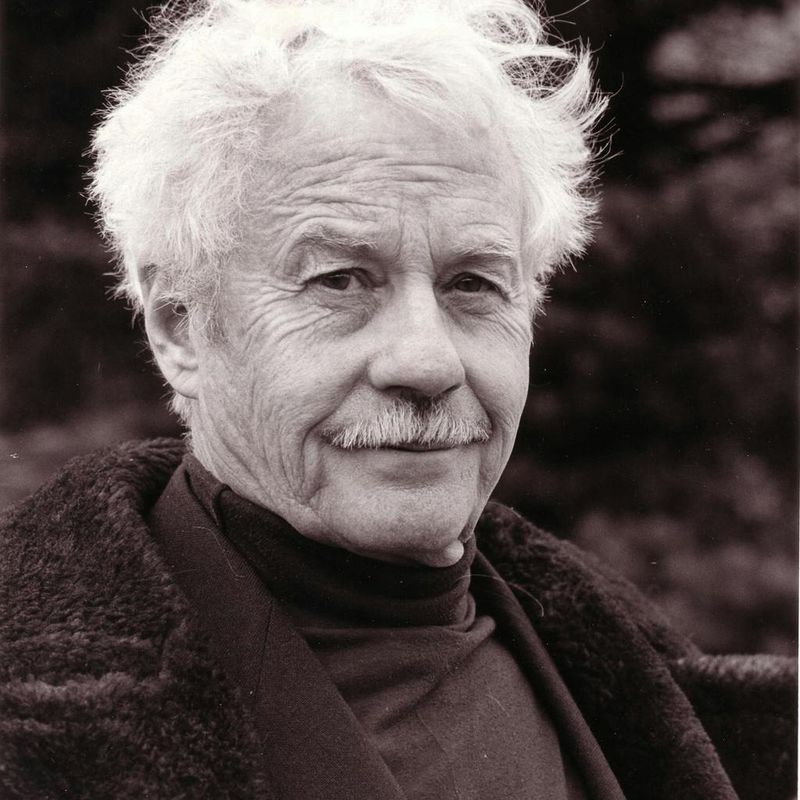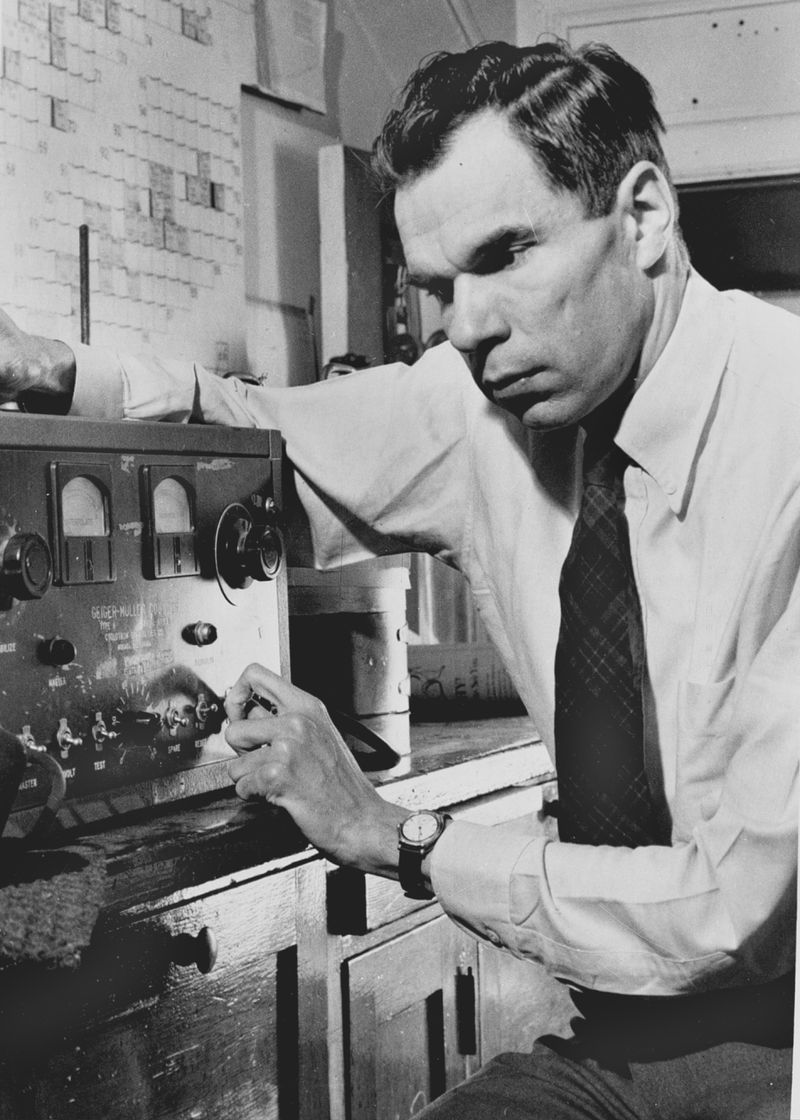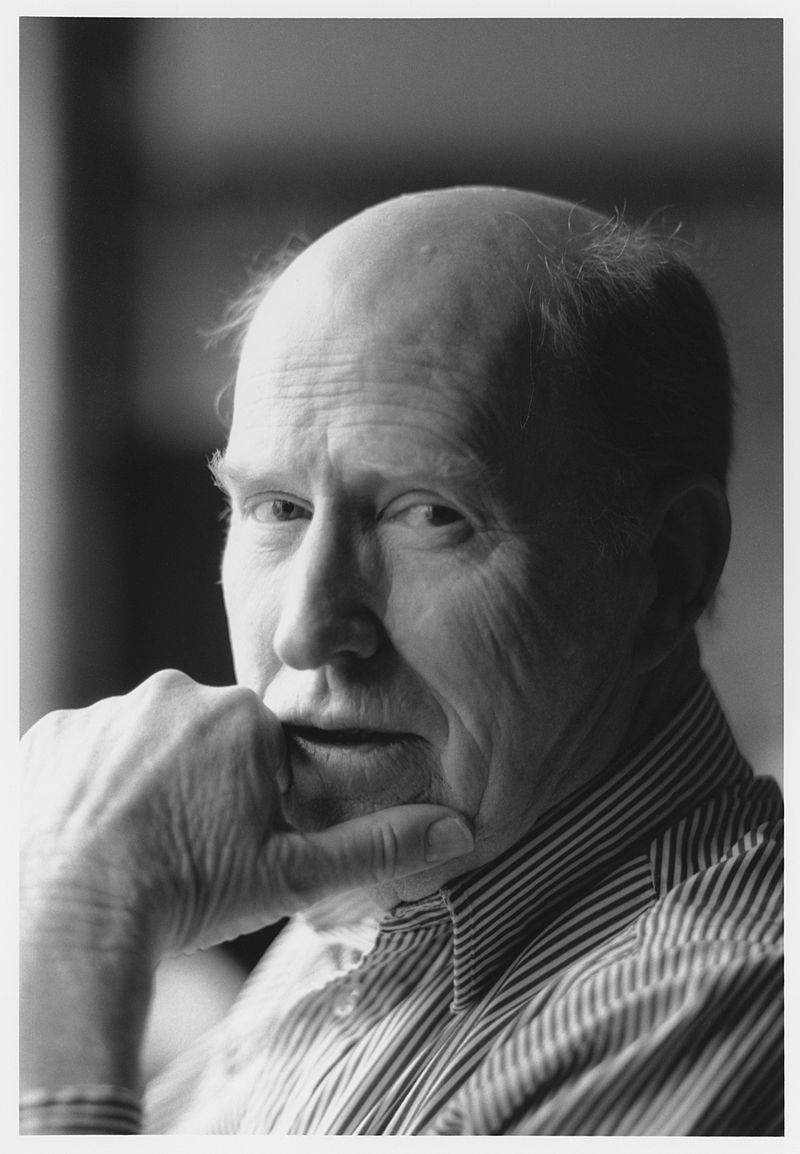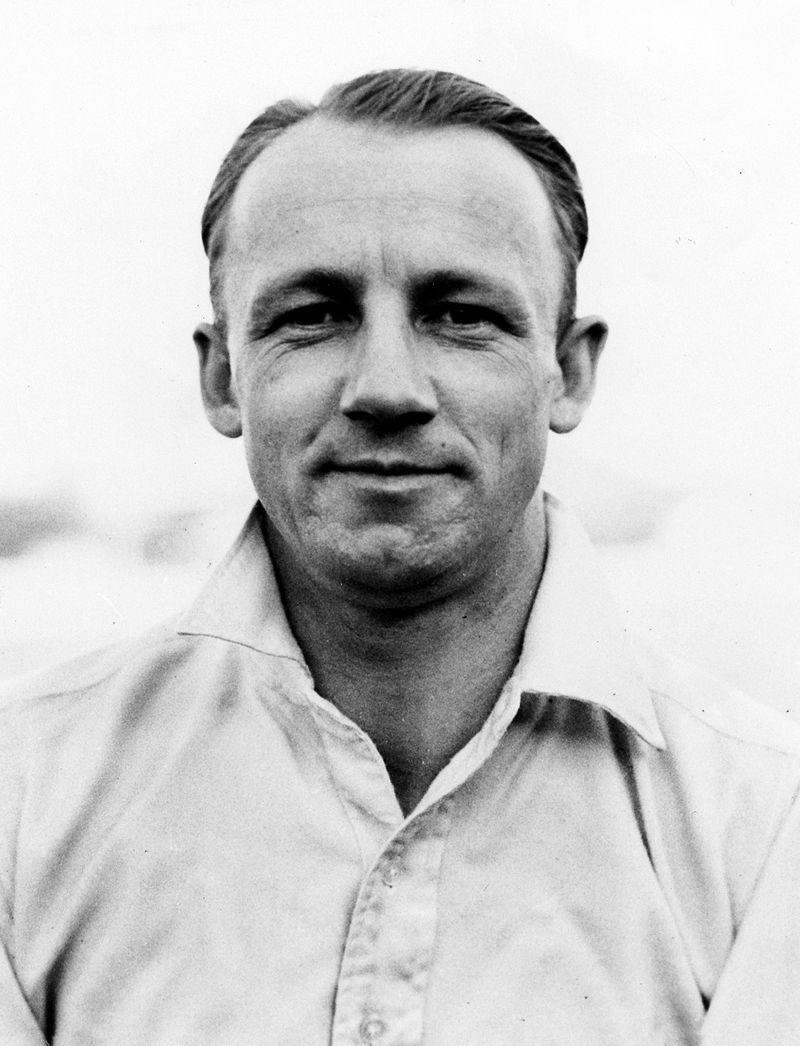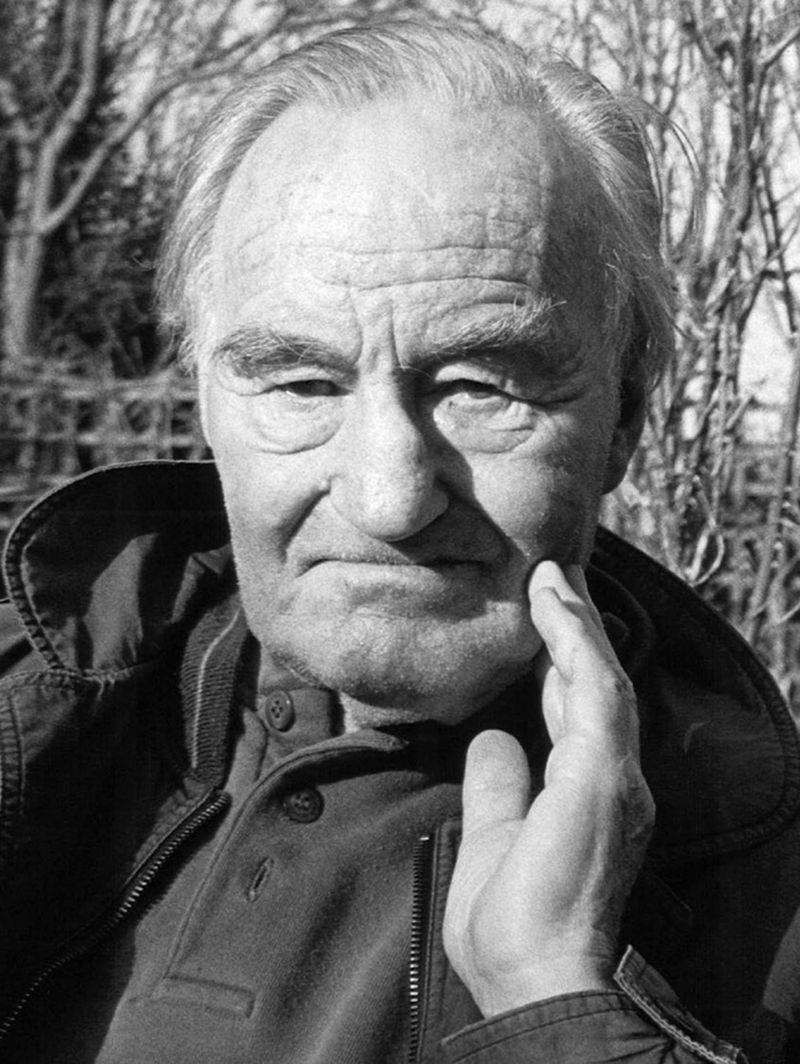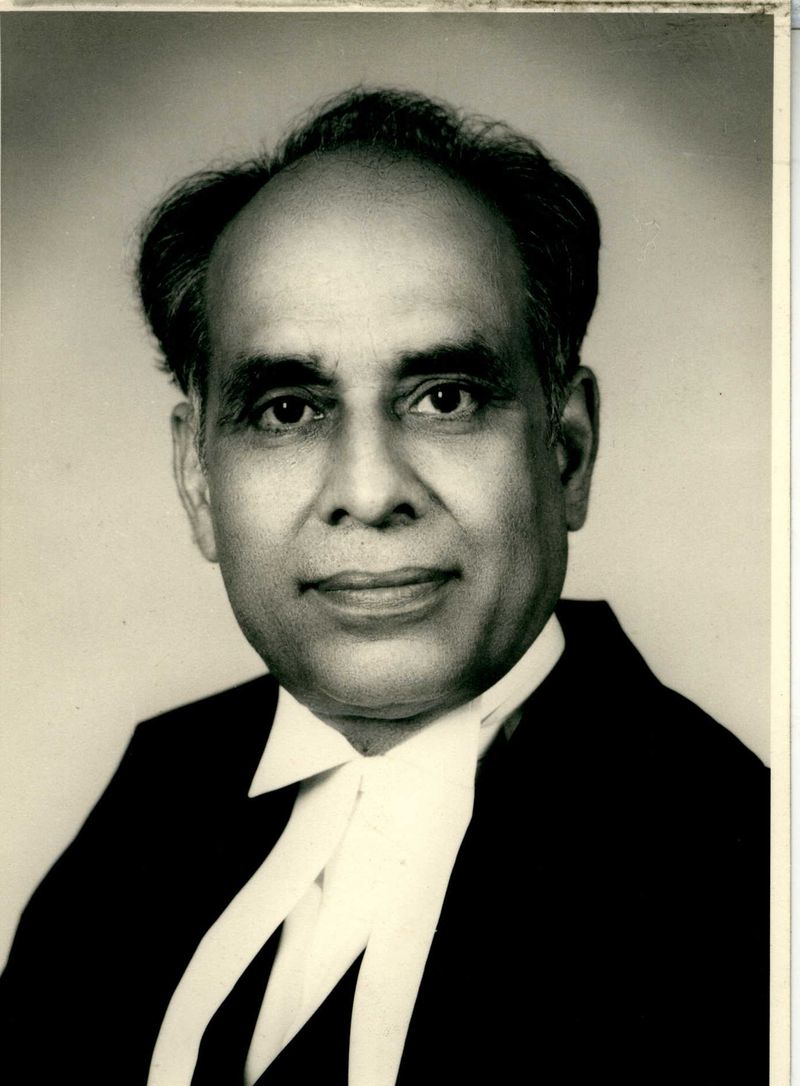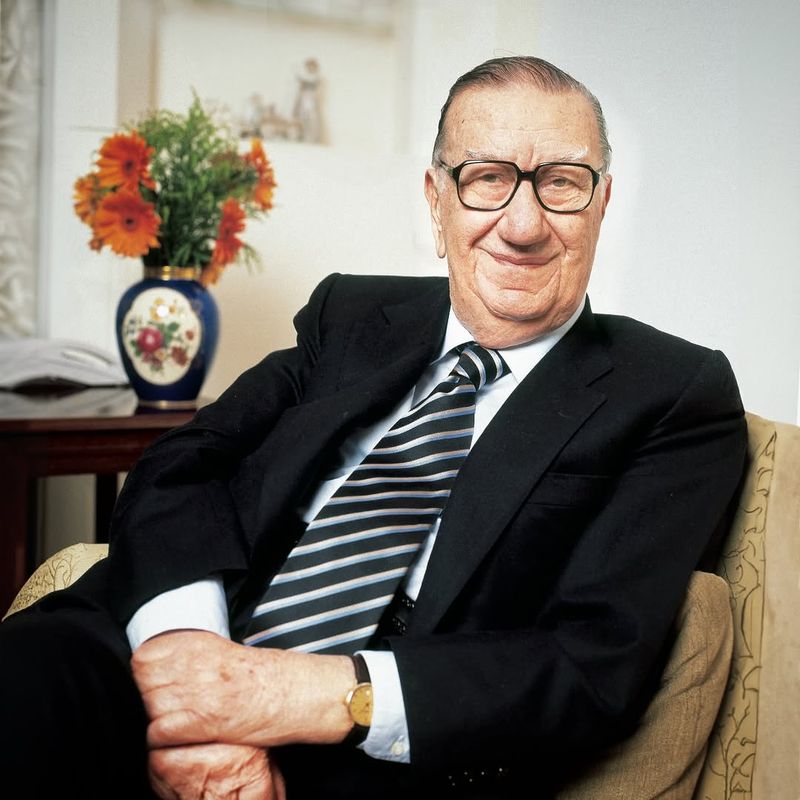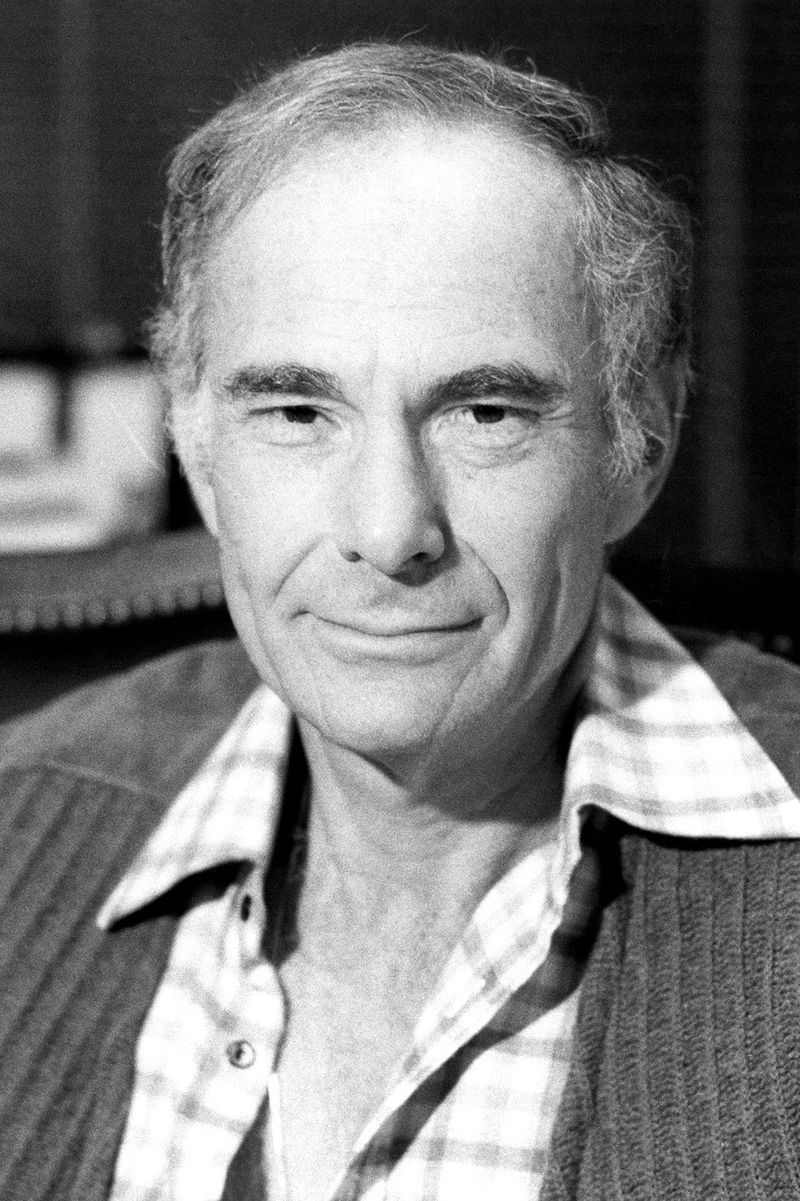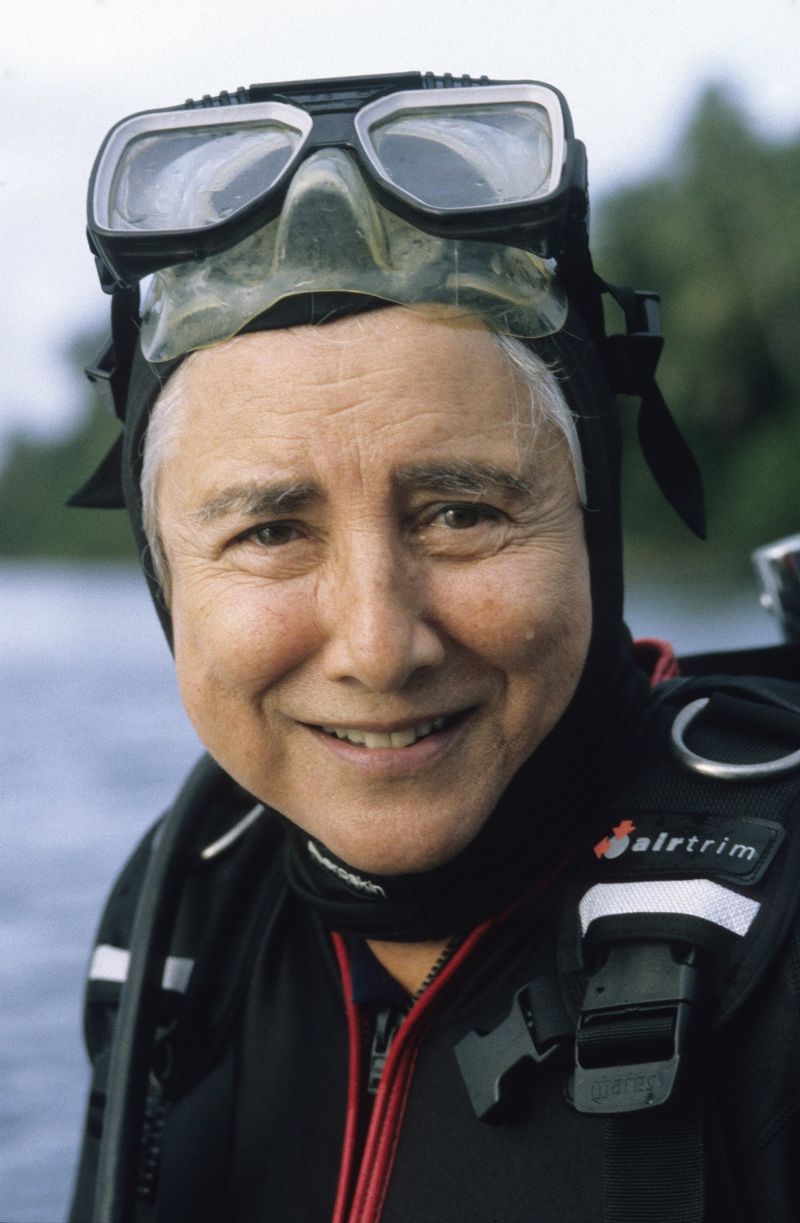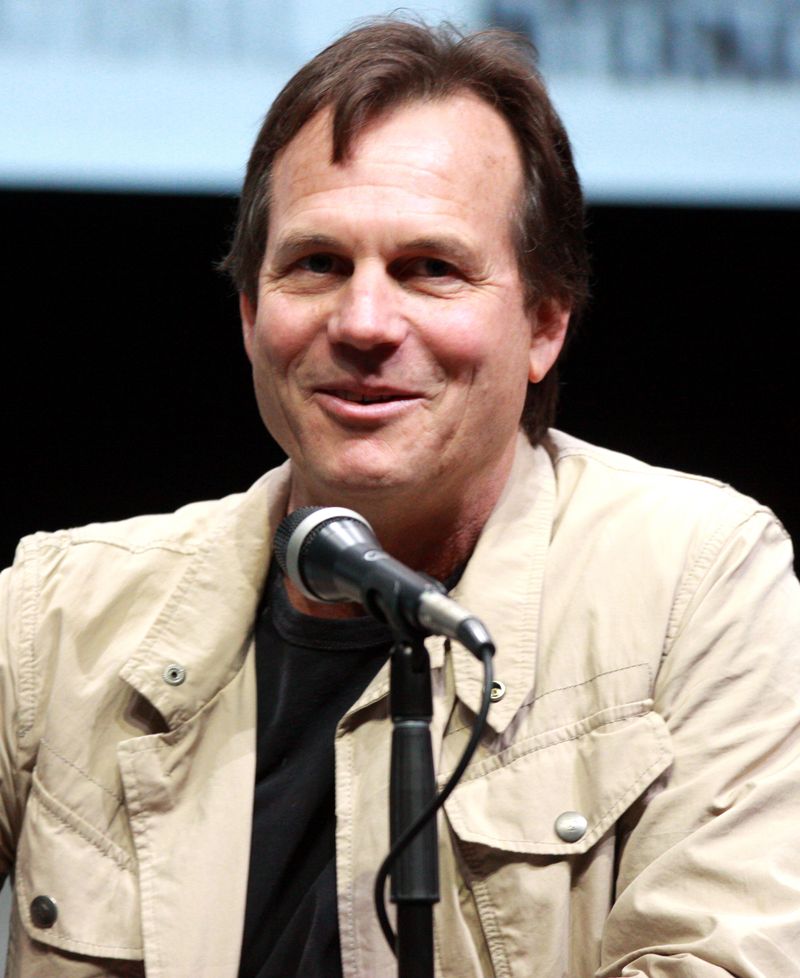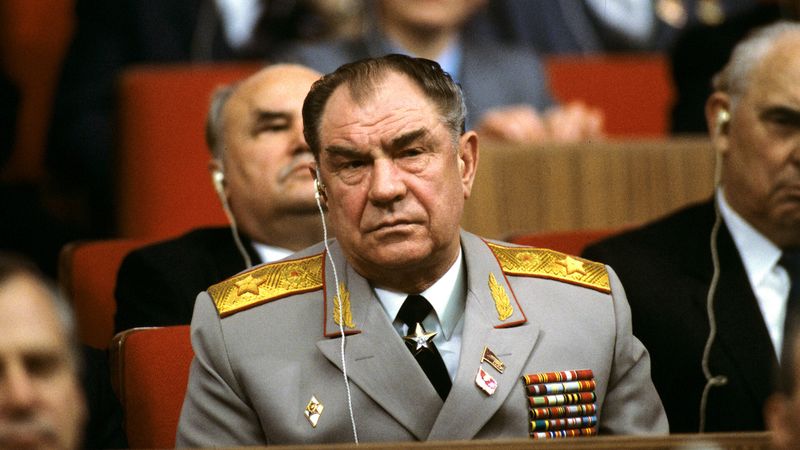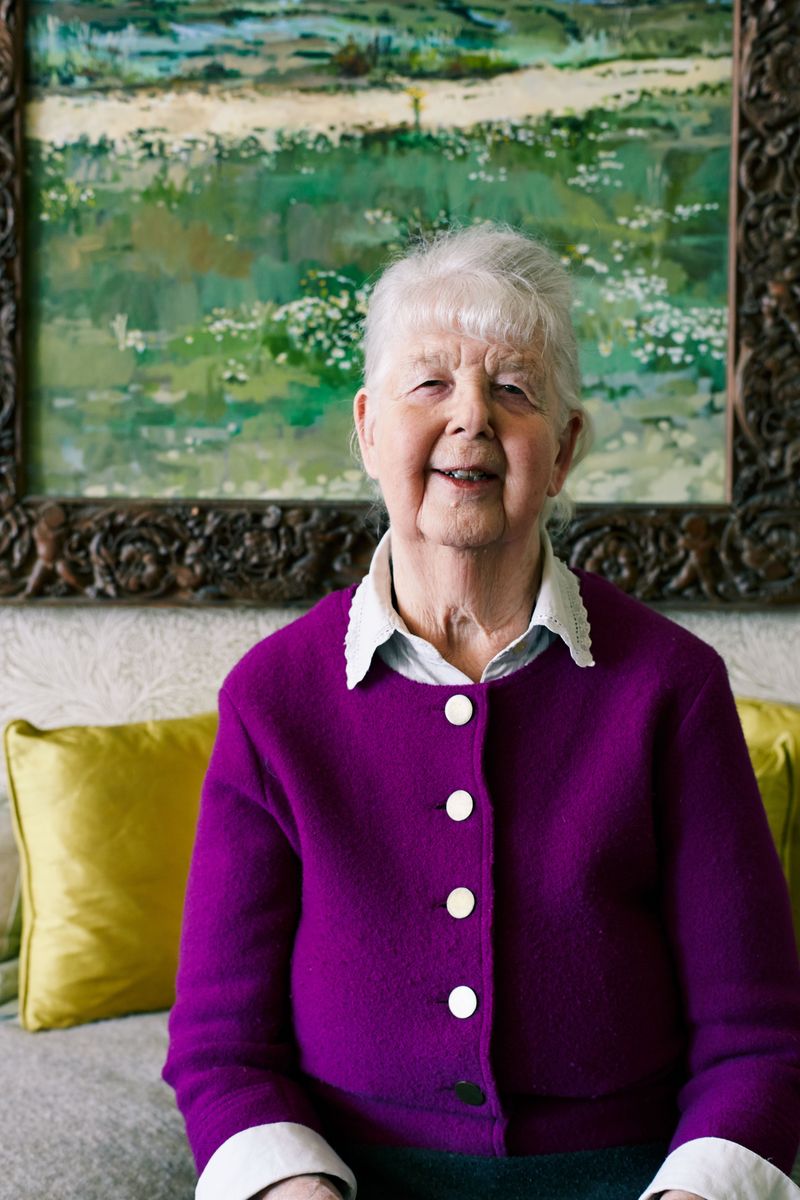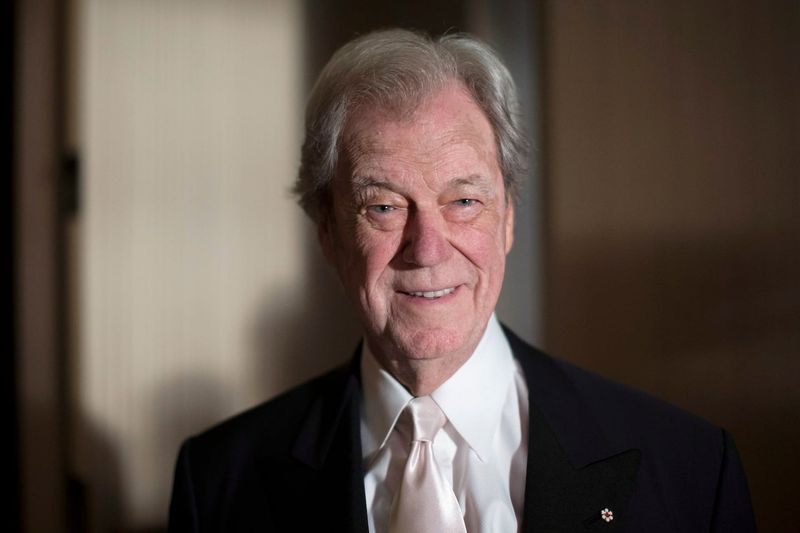Throughout history, February 25th has marked the end for many influential figures whose legacies continue to impact our world. This blog post commemorates 45 notable individuals who passed away on this day, spanning centuries and continents.
Each left an indelible mark in their respective fields, from religion and politics to arts and sciences.
By exploring their lives and contributions, we gain insight into the rich tapestry of human achievement and the enduring influence of those who came before us.
1. Tarasios, Patriarch of Constantinople (806)
Tarasios served as the Patriarch of Constantinople from 784 until his death in 806. A pivotal figure in the Byzantine Church, he played a crucial role in the restoration of the veneration of icons, a major religious controversy of his time.
His leadership during the Second Council of Nicaea in 787 was instrumental in affirming the religious practice of icon veneration.
As a former imperial secretary, Tarasios brought administrative skills to his ecclesiastical position, bridging the gap between state and church. His commitment to the faith and diplomatic finesse left a lasting impact on religious practices.
2. Fujiwara no Mototsune, Japanese regent (891)
Fujiwara no Mototsune, a key political figure in the Heian period of Japan, served as a regent and consolidated power for the Fujiwara clan. Known for establishing the position of Kampaku, he effectively ruled by acting as the chief advisor to the emperor.
His political maneuvers ensured the dominance of his clan in Japanese politics for generations. Mototsune’s influence extended beyond his lifetime, setting a precedent for court administration.
His legacy is reflected in the continued prominence of the Fujiwara clan and the structural changes he implemented within the Japanese imperial court.
3. Robert Devereux, 2nd Earl of Essex, English general and politician (1601)
Robert Devereux, the 2nd Earl of Essex, was a charismatic yet controversial figure in Elizabethan England. As a favorite of Queen Elizabeth I, he held significant military and political power, though his career was marred by impulsive decisions.
His failed rebellion against the crown in 1601 led to his execution for treason, a dramatic fall from grace.
Despite this, Essex’s complex relationship with the Queen and his ambition left a lasting mark on English history. His life story serves as a cautionary tale about the volatile nature of court politics during the Tudor era.
4. Albrecht von Wallenstein, Austrian general and politician (1634)
Albrecht von Wallenstein was a prominent military leader and politician during the Thirty Years’ War, commanding the Catholic forces with strategic brilliance.
His influence extended beyond the battlefield, as he also wielded considerable power in the Habsburg monarchy.
Despite his successes, Wallenstein’s ambition and alleged intrigues led to his downfall and assassination in 1634. His career exemplifies the turbulent interplay between military prowess and political machination in early modern Europe.
Wallenstein’s legacy is remembered both for his military genius and the controversial circumstances of his demise.
5. Christopher Wren, English architect, designed St Paul’s Cathedral (1723)
Sir Christopher Wren, a luminary of architecture, reshaped London’s skyline with his designs, most famously St Paul’s Cathedral. An academic turned architect, Wren’s work exemplified the Baroque style, blending elegance with structural innovation.
Beyond architecture, he was also a founding member of the Royal Society, contributing to scientific advancements. His legacy endures in the iconic structures that define London and his influence on architectural design principles.
Wren’s ability to marry aesthetics with functionality has inspired countless architects, making him a towering figure in the annals of architecture.
6. Samuel Seabury, American bishop (1796)
Samuel Seabury was the first American Episcopal bishop, a pivotal figure in establishing the Episcopal Church in the United States.
Ordained in 1784 in Scotland, Seabury’s consecration marked a significant step in the separation of American Anglicanism from the Church of England.
His theological writings and leadership helped shape the early identity of the Episcopal Church, advocating for the church’s independence and governance.
Seabury’s legacy lives on in the Episcopal tradition and his contributions to religious freedom and church organization in a new nation.
7. Thomas Moore, Irish poet and lyricist (1852)
Thomas Moore was a celebrated Irish poet and lyricist, renowned for his romantic and patriotic verses. Best known for his collection “Irish Melodies,” Moore’s work captured the spirit and struggles of Ireland, resonating deeply with his countrymen.
His lyrical prowess and keen sense of national identity made him a leading literary figure of the 19th century.
Beyond poetry, Moore engaged in political activism, advocating for Irish cultural and political autonomy. His legacy endures in the timeless quality of his verse and his contributions to Irish cultural heritage.
8. Paul Reuter, German-English journalist and businessman, founded Reuters (1899)
Paul Reuter was a pioneering journalist and founder of the Reuters News Agency, a cornerstone of modern news dissemination. His innovative use of telegraph technology revolutionized the speed and reliability of news reporting in the 19th century.
Reuter’s legacy lies in his commitment to unbiased and timely information, setting high standards for journalistic integrity.
The agency he founded remains a global leader in news services, testament to his vision and entrepreneurial spirit. Reuter’s impact on journalism continues to be felt, shaping the landscape of media and communication.
9. Anton Arensky, Russian pianist and composer (1906)
Anton Arensky was a gifted Russian composer and pianist, known for his chamber music, operas, and choral works. A student of Rimsky-Korsakov, Arensky’s compositions blended Russian traditional melodies with Western influences.
He served as a professor at the Moscow Conservatory, influencing a generation of musicians, including Rachmaninoff. Despite his untimely death at 44, Arensky’s music remains celebrated for its lyrical beauty and technical mastery.
His contributions to Russian classical music continue to inspire and resonate with audiences and musicians alike.
10. William IV, Grand Duke of Luxembourg (1912)
William IV was the Grand Duke of Luxembourg, a ruler known for his progressive reforms and dedication to his people. His reign saw significant political and social changes, modernizing the Luxembourgish state and improving the welfare of its citizens.
William IV’s commitment to constitutional governance set the stage for future democratic developments in Luxembourg.
His legacy is remembered for fostering a sense of national unity and his contributions to the growth and stability of the Grand Duchy. William IV’s influence continues to be felt in Luxembourg’s modern political landscape.
11. John Tenniel, English illustrator (1914)
John Tenniel was a distinguished English illustrator, best known for his iconic illustrations for Lewis Carroll’s “Alice’s Adventures in Wonderland.” His artistic contributions helped define the visual landscape of Victorian literature.
Tenniel’s work is characterized by its imaginative detail and ability to capture the whimsy and eccentricity of Carroll’s world. Beyond “Alice,” he was a prolific political cartoonist for Punch magazine, influencing public opinion through satire.
Tenniel’s legacy endures in the timeless appeal of his illustrations, which continue to enchant and inspire readers and artists worldwide.
12. Charles Edwin Bessey, American botanist, author, and academic (1915)
Charles Edwin Bessey was a pioneering American botanist, whose research and teaching significantly advanced the field of botany. Known for developing the Bessey system of plant classification, his work laid the foundations for modern plant taxonomy.
As an educator, Bessey inspired countless students, instilling a passion for scientific inquiry and botanical exploration.
His contributions to botany are reflected in his published works and the lasting impact of his teaching. Bessey’s legacy is celebrated in the continued relevance of his scientific principles and his influence on botanical studies.
13. William O’Brien, Irish journalist and politician (1928)
William O’Brien was an influential Irish journalist and politician, known for his advocacy of land reform and tenant rights. His efforts in the late 19th and early 20th centuries were pivotal in improving the lives of Irish farmers.
As a prominent figure in the Irish Parliamentary Party, O’Brien championed legislative reforms that addressed rural poverty and land ownership issues.
His dedication to social justice and national self-determination left an enduring mark on Irish politics. O’Brien’s legacy lives on in the progress toward equitable land distribution and his commitment to political activism.
14. John McGraw, American baseball player and manager (1934)
John McGraw was a legendary baseball player and manager whose influence on the sport remains unparalleled. Known for his fiery temperament and strategic prowess, he managed the New York Giants for over 30 years.
McGraw’s leadership brought numerous championships, and his innovative approaches to gameplay reshaped baseball’s tactics.
His career is a testament to his passion for the sport and his ability to inspire and lead his team to victory. McGraw’s legacy endures in the annals of baseball history, celebrated for his dedication and impact on America’s pastime.
15. Elizabeth Gertrude Britton, American botanist and academic (1934)
Elizabeth Gertrude Britton was a pioneering American botanist, renowned for her expertise in bryology, the study of mosses. Her work in the early 20th century laid the groundwork for modern botanical research in this field.
Britton’s dedication to botany was not only evident in her research but also in her advocacy for environmental conservation.
She was instrumental in founding the New York Botanical Garden, a lasting testament to her passion for plant science. Britton’s legacy is celebrated in her contributions to botany and the preservation of natural habitats.
16. Mário de Andrade, Brazilian author, poet, and photographer (1945)
Mário de Andrade was a seminal figure in Brazilian literature and arts, contributing significantly to modernism in Brazil. His works, such as “Macunaíma,” reflect the diverse cultural tapestry of Brazil, blending folklore, history, and modern themes.
As a poet, novelist, and musicologist, Andrade’s influence extended beyond literature into the broader cultural realm. His dedication to cultural preservation and innovation helped shape Brazilian national identity.
Andrade’s legacy endures in his pioneering efforts to celebrate and analyze Brazilian culture, leaving an indelible mark on the arts and society.
17. George Minot, American physician and academic, Nobel Prize laureate (1950)
George Minot was a Nobel Prize-winning American physician whose groundbreaking research transformed the treatment of pernicious anemia. His work on liver therapy provided a life-saving breakthrough for patients suffering from this once-fatal condition.
Minot’s dedication to medical research and his innovative approach to treatment exemplify his commitment to advancing medical science.
His legacy is celebrated in the continued use of effective treatments for anemia and the broader impact of his work on hematology. Minot’s contributions to medicine remain a cornerstone of therapeutic advancements.
18. Sergei Winogradsky, Ukrainian-Russian microbiologist and ecologist (1953)
Sergei Winogradsky was a pioneering microbiologist and ecologist whose research laid the foundations for microbial ecology. His work on the nitrogen cycle and soil microbiology provided critical insights into ecosystem functioning.
Winogradsky’s discoveries, such as the concept of chemolithotrophy, revolutionized the understanding of microbial life and its environmental roles.
His legacy is evident in the continued study and appreciation of microorganisms’ ecological significance. Winogradsky’s contributions to science are celebrated for their profound impact on ecology and microbiology.
19. Bugs Moran, American mob boss (1957)
Bugs Moran was an infamous American mob boss during the Prohibition era, known for his rivalry with Al Capone. As a leader of the North Side Gang, his influence in Chicago’s criminal underworld was significant.
Moran’s life was marked by the infamous St. Valentine’s Day Massacre, a failed attempt on his life that resulted in the death of seven of his men.
His story exemplifies the violent and tumultuous nature of organized crime in early 20th-century America. Moran’s legacy is a reminder of the era’s criminal history and the complexities of mob life.
20. Alexander Archipenko, Ukrainian sculptor and illustrator (1964)
Alexander Archipenko was a pioneering Ukrainian sculptor known for his contributions to modern art. His innovative techniques and abstract forms challenged traditional sculptural practices, earning him a place among the avant-garde of the 20th century.
Archipenko’s work, characterized by bold experimentation with forms and materials, paved the way for future artists to explore new creative possibilities.
His influence extends beyond sculpture, impacting the broader art world and inspiring generations of artists. Archipenko’s legacy is a testament to his visionary approach and his role in shaping modern art.
21. Grace Metalious, American author (1964)
Grace Metalious was an American author whose novel “Peyton Place” became a cultural phenomenon, exploring the complexities of small-town life. Her work challenged societal norms and sparked conversations about censorship and morality.
Despite facing criticism, Metalious’s unflinching portrayal of controversial themes resonated with readers and influenced the literary landscape.
Her legacy is celebrated in her bold storytelling and willingness to tackle taboo subjects. Metalious’s influence on literature endures, reflecting her impact on American cultural and literary history.
22. Melville J. Herskovits, American anthropologist and academic (1963)
Melville J. Herskovits was a pioneering American anthropologist known for his work on African and African-American cultures. His research expanded the understanding of cultural diversity and heritage, challenging prevailing misconceptions.
Herskovits’s dedication to cultural anthropology helped establish the academic study of African diaspora cultures as a respected field.
His legacy is celebrated in the continued exploration of cultural identity and his contributions to anthropological theory. Herskovits’s influence endures in the ongoing study and appreciation of cultural diversity and history.
23. Mark Rothko, Latvian-American painter and academic (1970)
Mark Rothko was a Latvian-American painter renowned for his abstract expressionist works, characterized by bold color fields and emotional depth. His art sought to evoke profound feelings and connect with viewers on a spiritual level.
Rothko’s innovative approach to color and form transformed the landscape of modern art, influencing countless artists and movements.
His legacy is celebrated in the continued appreciation of his work and its impact on art theory and practice. Rothko’s contributions to art reflect his dedication to exploring the human experience through abstraction.
24. Theodor Svedberg, Swedish chemist and academic, Nobel Prize laureate (1971)
Theodor Svedberg was a distinguished Swedish chemist whose research on colloids earned him the Nobel Prize in Chemistry. His development of the ultracentrifuge revolutionized the study of macromolecules, leading to advancements in biochemistry.
Svedberg’s work provided critical insights into the behavior of particles, influencing research across the sciences.
His legacy is celebrated in the enduring significance of his contributions to chemistry and biophysics. Svedberg’s innovative techniques and dedication to scientific inquiry continue to inspire researchers and shape the field.
25. Elijah Muhammad, American religious leader (1975)
Elijah Muhammad was a prominent American religious leader, best known for his leadership of the Nation of Islam. His teachings on black empowerment and self-sufficiency resonated with many, shaping the civil rights movement.
Under his guidance, the Nation of Islam grew significantly, promoting economic independence and social reform.
His legacy is celebrated for his impact on African-American identity and culture. Elijah Muhammad’s influence endures in the continued relevance of his teachings and the ongoing struggles for racial equality and justice.
26. Robert Hayden, American poet and academic (1980)
Robert Hayden was an acclaimed American poet whose work explored themes of race, history, and human experience. His poetry, marked by formal precision and emotional depth, earned him widespread recognition.
As an academic, Hayden contributed to the study of African-American literature, influencing future generations of writers and scholars.
His legacy is celebrated in the enduring power of his poetry and his contributions to literary education. Hayden’s influence on American poetry endures, reflecting his commitment to capturing the complexities of life through verse.
27. Tennessee Williams, American playwright and poet (1983)
Tennessee Williams was a celebrated American playwright, whose works, such as “A Streetcar Named Desire,” redefined American theater. His plays, known for their lyrical language and deep psychological insight, explore the human condition.
Williams’s ability to create complex characters and emotionally resonant narratives earned him critical acclaim and a lasting legacy.
His influence on theater is celebrated in the continued staging of his plays and their exploration of timeless themes. Williams’s contributions to drama reflect his dedication to artistic excellence and human understanding.
28. Haing S. Ngor, Cambodian-American physician and author (1996)
Haing S. Ngor was a Cambodian-American physician and author, best known for his Oscar-winning role in “The Killing Fields.” His life, marked by survival and resilience, reflected the horrors of the Cambodian genocide.
Ngor’s work as an advocate for human rights and his personal story of overcoming adversity inspired many.
His legacy is celebrated in his contributions to raising awareness of Cambodian history and the ongoing struggle for justice. Ngor’s influence endures in the continued fight for human rights and the power of storytelling.
29. Andrei Sinyavsky, Russian journalist and publisher (1997)
Andrei Sinyavsky was a Russian journalist and writer, known for his critical stance against Soviet censorship and authoritarianism. His works, published under the pseudonym Abram Tertz, challenged state-imposed artistic restrictions.
Sinyavsky’s courage in the face of adversity and his commitment to artistic freedom earned him both acclaim and persecution.
His legacy is celebrated in the continued struggle for freedom of expression and the resilience of dissident voices. Sinyavsky’s influence endures in the ongoing fight against censorship and for artistic liberty.
30. W. O. Mitchell, Canadian author and playwright (1998)
W. O. Mitchell was a Canadian author and playwright, known for his vivid portrayal of rural Canadian life. His works, such as “Who Has Seen the Wind,” capture the essence of the Canadian Prairies and their people.
Mitchell’s storytelling, marked by humor and empathy, resonated with readers, earning him a significant place in Canadian literature.
His legacy is celebrated in the continued appreciation of his works and their exploration of Canadian identity. Mitchell’s influence on literature endures, reflecting his love for storytelling and his country’s spirit.
31. Glenn T. Seaborg, American chemist and academic, Nobel Prize laureate (1999)
Glenn T. Seaborg was a Nobel Prize-winning American chemist, known for his discovery of plutonium and contributions to the Manhattan Project. His research advanced the understanding of transuranium elements, leaving a lasting impact on nuclear chemistry.
Seaborg’s dedication to scientific exploration and education was evident in his numerous publications and teaching efforts.
His legacy is celebrated in the continued study of chemistry and his role in shaping nuclear science. Seaborg’s influence endures in the scientific community and the ongoing exploration of chemical elements.
32. A. R. Ammons, American poet and critic (2001)
A. R. Ammons was an acclaimed American poet, whose work explored themes of nature, humanity, and philosophical inquiry. His poetry, marked by innovation and introspection, earned him numerous accolades and a lasting legacy.
Ammons’s contributions to literature are celebrated in his ability to blend poetic form with intellectual depth, influencing future poets and critics.
His legacy endures in the continued appreciation of his work and its exploration of the human experience. Ammons’s influence on poetry reflects his commitment to creativity and thoughtful expression.
33. Don Bradman, Australian international cricketer (2001)
Don Bradman was an iconic Australian cricketer, widely regarded as one of the greatest batsmen in the history of the sport. His extraordinary achievements, including a Test batting average of 99.94, set records that remain unmatched.
Bradman’s dedication to excellence and sportsmanship earned him admiration and respect worldwide. His legacy is celebrated in the continued popularity of cricket and the standards of performance he established.
Bradman’s influence on the sport endures, inspiring generations of cricketers to strive for greatness and uphold the spirit of the game.
34. Peter Benenson, English lawyer, founded Amnesty International (2005)
Peter Benenson was an English lawyer and human rights activist, best known for founding Amnesty International. His work in the 1960s initiated a global movement to protect individuals from human rights abuses.
Benenson’s dedication to justice and equality inspired countless activists and organizations worldwide, fostering a culture of accountability and compassion.
His legacy is celebrated in the ongoing efforts to safeguard human rights and the enduring impact of Amnesty International. Benenson’s influence endures in the continued fight for freedom and the protection of the oppressed.
35. Hans Raj Khanna, Indian judge and advocate; upholder of civil liberties (2008)
Hans Raj Khanna was a distinguished Indian judge renowned for his unwavering commitment to civil liberties and justice. His landmark judgment in the Habeas Corpus case during India’s Emergency period in the 1970s upheld constitutional rights.
Khanna’s dedication to upholding the rule of law and protecting individual freedoms earned him widespread respect and admiration.
His legacy is celebrated in the continued defense of civil liberties and the principles of justice he championed. Khanna’s influence endures in the ongoing struggle for human rights and legal integrity.
36. Ihsan Dogramaci, Turkish pediatrician and academic (2010)
Ihsan Dogramaci was a prominent Turkish pediatrician and academic, known for his contributions to child health and education. His efforts to improve pediatric care and medical education in Turkey left a lasting impact.
Dogramaci’s dedication to health care and education was evident in the institutions he founded, promoting knowledge and excellence.
His legacy is celebrated in the continued advancements in child health and the educational opportunities he created. Dogramaci’s influence endures in the ongoing commitment to improving health care and academic standards globally.
37. Louisiana Red, American singer-songwriter and guitarist (2012)
Louisiana Red was a celebrated American blues singer-songwriter and guitarist, known for his emotive performances and soulful music. His work, characterized by its raw emotional power, resonated with audiences worldwide.
Red’s contributions to the blues genre left a lasting imprint, inspiring generations of musicians and fans.
His legacy is celebrated in the continued appreciation of his music and its influence on the blues tradition. Louisiana Red’s influence endures in the vibrant world of blues music, reflecting his passion and artistic legacy.
38. Harve Bennett, American screenwriter and producer (2015)
Harve Bennett was an influential American screenwriter and producer, known for his work on the “Star Trek” film series. His contributions to science fiction cinema revitalized the franchise and expanded its cultural impact.
Bennett’s ability to blend storytelling with imaginative vision earned him acclaim and a dedicated fan base. His legacy is celebrated in the continued popularity of “Star Trek” and its enduring influence on science fiction.
Bennett’s influence on film and television endures, inspiring creators to explore new frontiers and narratives.
39. Ariel Camacho, Mexican musician and singer-songwriter (2015)
Ariel Camacho was a talented Mexican musician and singer-songwriter, known for his emotive performances and contributions to regional Mexican music. His work, characterized by heartfelt lyrics and distinctive sound, resonated with fans.
Camacho’s influence extended beyond his music, inspiring a new generation of artists in the genre. His legacy is celebrated in the continued popularity of his songs and the impact of his musical innovations.
Ariel Camacho’s influence endures in the vibrant world of Mexican music, reflecting his passion and artistic spirit.
40. Eugenie Clark, American biologist and academic; noted ichthyologist (2015)
Eugenie Clark was a pioneering American biologist and ichthyologist, renowned for her research on sharks and marine life. Her work advanced the understanding of marine biology and challenged misconceptions about sharks.
Clark’s dedication to science and exploration earned her the nickname “Shark Lady,” reflecting her passion for ocean research.
Her legacy is celebrated in the continued study of marine life and the inspiration she provided to future scientists. Eugenie Clark’s influence endures in the field of marine biology, reflecting her commitment to discovery and education.
41. Bill Paxton, American actor and filmmaker (2017)
Bill Paxton was a versatile American actor and filmmaker, known for his memorable roles in films like “Titanic” and “Twister.” His ability to bring characters to life with authenticity and charisma earned him widespread acclaim.
Paxton’s contributions to film and television extended beyond acting, as he directed and produced works that showcased his storytelling talent. His legacy is celebrated in the continued appreciation of his performances and creative vision.
Bill Paxton’s influence endures in the entertainment industry, reflecting his passion for storytelling and acting.
42. Dmitry Yazov, last Marshal of the Soviet Union (2020)
Dmitry Yazov was the last Marshal of the Soviet Union, known for his military leadership during a pivotal era in Soviet history. His role in shaping military strategies during the Cold War marked his career.
Yazov’s influence extended beyond his military duties, as he was involved in key political events during the Soviet Union’s final years.
His legacy is remembered for his contributions to Soviet military history and the complexities of his leadership. Yazov’s influence endures in the historical understanding of the Soviet era and its military dynamics.
43. Farrah Forke, American actress (2022)
Farrah Forke was a talented American actress, best known for her role in the television series “Wings.” Her performances, marked by vivacity and charm, endeared her to audiences.
Forke’s contributions to television and film showcased her versatility and ability to connect with viewers, earning her a dedicated fan base.
Her legacy is celebrated in the continued appreciation of her work and the joy she brought to audiences. Farrah Forke’s influence endures in the entertainment industry, reflecting her passion for acting and storytelling.
44. Shirley Hughes, English author and illustrator (2022)
Shirley Hughes was a beloved English author and illustrator, known for her charming and heartfelt children’s books. Her works, such as “Dogger,” captured the imagination of young readers with their relatable stories and enchanting illustrations.
Hughes’s ability to blend narrative and art earned her numerous accolades and a lasting place in children’s literature. Her legacy is celebrated in the continued love for her books and the joy they bring to families.
Shirley Hughes’s influence endures in the world of children’s literature, reflecting her commitment to creativity and storytelling.
45. Gordon Pinsent, Canadian actor, director, and screenwriter (2023)
Gordon Pinsent was a distinguished Canadian actor, director, and screenwriter, celebrated for his contributions to film and theater. His performances, marked by grace and authority, earned him acclaim and respect.
Pinsent’s dedication to his craft and his ability to capture the essence of diverse characters made him a beloved figure in Canadian entertainment. His legacy is celebrated in the continued appreciation of his work and its impact on the arts.
Gordon Pinsent’s influence endures in the cultural landscape, reflecting his passion for storytelling and performance.
